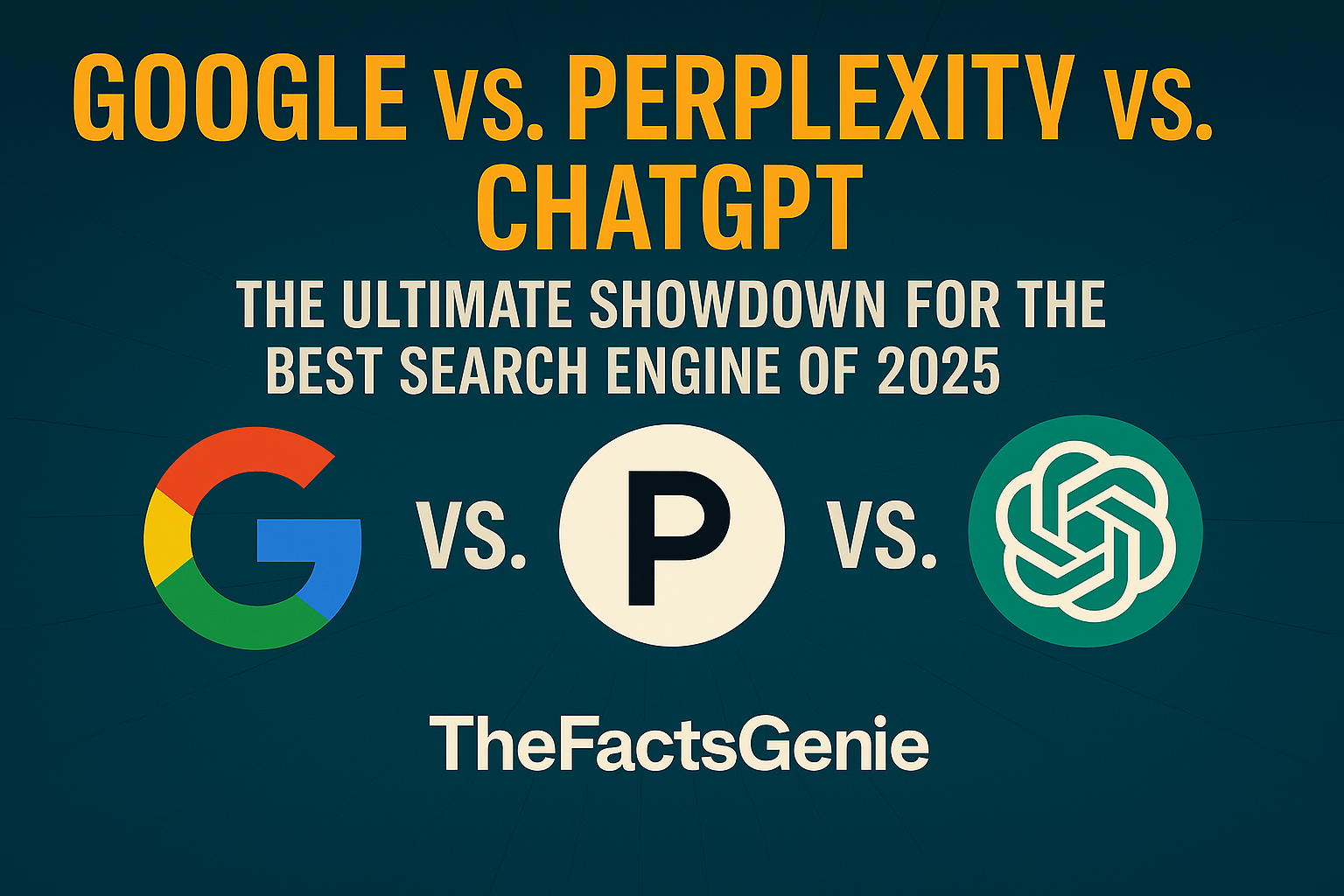
Google vs. Perplexity vs. ChatGPT: The Ultimate Showdown for the Best Search Engine of 2025
Description
The way we find information online is undergoing a seismic shift. For two decades, Google’s list of blue links has been the undisputed king. But in 2025, two powerful new contenders, Perplexity AI and ChatGPT, are challenging the throne with a radical new approach: providing direct, synthesized answers. This isn’t just a feature update; it’s a fundamental battle for the future of search. Is the familiar reliability of Google still the best, or does the precise, citation-backed knowledge of Perplexity or the creative, conversational power of ChatGPT offer a superior way to explore the digital world? This ultimate guide dives deep into every aspect of this tech showdown, comparing their core functionalities, strengths, weaknesses, ideal use cases, and future potential to help you decide which “search engine” is truly the best for you in 2025.
1. Meaning: What is the Battle for Search?
This is a competition between two fundamentally different philosophies: Google’s traditional “indexed search,” which points you to information, versus the “answer engine” model of Perplexity and ChatGPT, which gives you synthesized information directly.
2. Description: The Three Contenders
- Google: The established titan. A massive index of the web that uses complex algorithms like PageRank to serve a list of relevant links, ads, and knowledge panels. It is the gateway to the internet.
- Perplexity AI: The “knowledge engine.” It’s designed to be a conversational research assistant. It scours the web in real-time to find information, then writes a concise, accurate answer with direct, clickable citations to its sources.
- ChatGPT (with Search): The “creative conversationalist.” While primarily a generative AI, its ability to browse the web allows it to function as a search tool. It excels at summarizing, explaining, creating, and engaging in dialogue based on the information it finds.
3. Importance: Why This Matters to You
The tool you use to find information shapes your understanding of the world. This shift impacts everything from how you do homework and conduct business research to how you plan a vacation. Choosing the right tool means getting better, faster, and more reliable information, saving you time and improving the quality of your decisions.
4. Benefits: What Do the New Tools Offer?
The primary benefit of “answer engines” like Perplexity and ChatGPT is efficiency. They cut through the noise of SEO-optimized articles, ads, and blogs to deliver the core information you need directly, saving you from opening and scanning multiple tabs.
5. Advantages of Each
- Google: Unmatched for real-time, local, and commercial queries (“restaurants near me,” “flights to Delhi,” “latest news”). Its integration with Maps and Shopping is seamless.
- Perplexity: Superior for academic, technical, and factual research. The inclusion of sources makes it trustworthy and verifiable.
- ChatGPT: Best for creative and explanatory tasks. It can summarize complex topics, draft emails, write code, and brainstorm ideas based on the information it finds.
6. Dis-Advantages of Each
- Google: The user experience can be cluttered with ads and SEO spam, making it hard to find unbiased information.
- Perplexity: Can sometimes be less effective for broad, ambiguous, or real-time commercial queries. Its index is not as deep as Google’s.
- ChatGPT: Can be prone to “hallucinations” (making things up) and its search process is less transparent than Perplexity’s. It sometimes struggles with citing specific sources for every claim.
7. Pros & Cons
| Platform |
Pros |
Cons |
|---|---|---|
| Comprehensive, real-time, great for local/commercial | Cluttered with ads, requires manual scanning of links | |
| Perplexity | Direct answers, cited sources, clean interface | Less effective for commercial queries, smaller index |
| ChatGPT | Highly creative, conversational, great for summarization | Can hallucinate, source citation is inconsistent |
8. Why Study This Topic?
Understanding this shift is crucial for digital literacy in 2025. For students, it changes how research is done. For professionals, it impacts marketing (SEO), content strategy, and business intelligence. For creators, it opens new avenues for content discovery and creation.
9. How to Study/Use Each Platform
- Google: Use for quick facts, navigation, shopping, and breaking news. Master advanced search operators (e.g.,
site:,filetype:) for better results. - Perplexity: Use for academic papers, learning new topics, and fact-checking. Use the “Focus” feature to narrow searches to academic sources or YouTube.
- ChatGPT: Use for brainstorming, content creation, and getting simplified explanations of complex subjects. Engage it in a conversation to refine your query.
10. Who Can Study/Use This?
Everyone. This is a universal topic.
- Students: For research and learning.
- Professionals: For market research, competitor analysis, and workflow automation.
- Creators: For idea generation and scriptwriting.
- General Users: For everyday questions and curiosity.
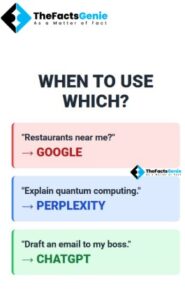
11. Eligibility (to use)
All three platforms are publicly available. Google is free. Perplexity and ChatGPT have free tiers with powerful capabilities, as well as paid Pro versions with access to more advanced models and features.
12. How a Fresher Can Leverage These Tools for a Career
A fresher can use these tools to build expertise and stand out.
- Use Perplexity to deeply research companies and roles before an interview.
- Use ChatGPT to practice interview questions and draft compelling cover letters.
- Use Google to stay updated on industry news and find networking opportunities.
13. What Certifications are Needed?
There are no “search engine usage” certifications. However, certifications in related fields demonstrate valuable skills:
- Google Digital Marketing & E-commerce Certificate: Shows you understand the Google ecosystem.
- Prompt Engineering Certifications: Proves you can effectively use tools like Perplexity and ChatGPT.
14. How to Get Certified
- Google on Coursera: Google Digital Marketing & E-commerce Professional Certificate
- Prompt Engineering on Coursera: Prompt Engineering Specialization
15. Scope of This Technology
The scope is the future of information access. This technology will be integrated into operating systems, cars, smart homes, and business software. The “search bar” will evolve into a universal “AI assistant.”
16. Future of Search
The future is a hybrid model. We will likely see Google incorporate more direct, AI-generated answers (like its AI Overviews), while Perplexity and ChatGPT will improve their ability to handle real-time and commercial data. The lines will blur, but the core philosophies will remain distinct.
17. “Salary” (Interpreted as Value/Cost)
- Google: Free to use, but the “cost” is your data and exposure to advertising.
- Perplexity: A powerful free tier. The Pro version (~$20/month) offers access to advanced models like Claude 3 and GPT-4.
- ChatGPT: A powerful free tier. ChatGPT Plus (~$20/month) provides access to GPT-4, DALL-E 3, and advanced data analysis.
18. “Salary Abroad” (Interpreted as Global Availability)
All three platforms are globally available, though access to the latest features and paid tiers can sometimes vary by region.
19. Final Decision/Verdict
There is no single “best” search engine in 2025. The best tool depends on the task.
- For quick, real-world actions (shopping, maps, news): Google is still king.
- For trustworthy, verifiable research and learning: Perplexity is the new champion.
- For creativity, explanation, and conversation: ChatGPT is unmatched. The truly smart user in 2025 doesn’t pick one; they use all three for what they do best.
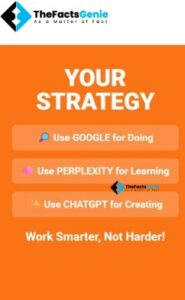
20. SWOT Analysis
| Strengths | Weaknesses | Opportunities | Threats | |
|---|---|---|---|---|
| Massive index, real-time data, ecosystem integration | Ad-cluttered, declining trust, slow to innovate | Integrate generative AI seamlessly (AI Overviews) | Answer engines making its core model obsolete | |
| Perplexity | Accuracy, citations, clean UI | Smaller index, weaker on commercial queries | Become the default research tool for academia/enterprise | Google successfully copying its core features |
| ChatGPT | Conversational, creative, versatile | Prone to hallucination, opaque sourcing | Become an all-in-one productivity/creation tool | Users preferring more factual, cited engines for search |
21. Advice
Embrace a multi-tool approach. Set Perplexity as your default for research-based browsing. Use ChatGPT for creative and work-related tasks. Continue using Google for its strengths in local, commercial, and real-time search. Don’t be a loyalist to one; be a smart user of all.
22. Why This is Very Craze
This topic is a “craze” because it represents the first major disruption to our most fundamental digital habit—”Googling”—in over 20 years. It’s a paradigm shift in how we interact with information, and everyone is trying to figure out the new rules of the game.
23. Any Health Obligations
The primary health consideration is cognitive. Over-reliance on answer engines could potentially dull critical thinking and research skills. It’s important to still click the sources, evaluate the information, and not blindly trust the AI-generated summary.
24. Where Can I See Myself After Five Years in This Career?
(Interpreted for a user of this tech) After five years of mastering these tools, you will be an incredibly efficient and effective knowledge worker. You’ll be able to research, learn, and create content faster than your peers, giving you a significant competitive advantage in any career.
25. How Can I Prepare for This Future?
Start now. Make a conscious choice about which tool to use for which task. Challenge yourself to use Perplexity for your next research project. Ask ChatGPT to help you brainstorm your next presentation. Pay attention to how the results differ from a standard Google search.
26. Suggestions
For content creators, this shift is a huge opportunity. Create content that is so valuable and well-structured that it becomes a primary source for these answer engines. Focus on providing unique insights and data that AI models will want to cite.
27. Any Other Opinions
An important opinion is that the rise of answer engines makes media literacy more important than ever. The ability to question a source, identify potential bias, and triangulate information from multiple places is a critical skill when an AI has pre-packaged the answer for you.
28. How to Apply for a Job at These Companies
- Google: https://careers.google.com/
- Perplexity AI: https://www.perplexity.ai/careers
- OpenAI (ChatGPT): https://openai.com/careers
- Note: They do not use generic recruiting emails. All applications must go through their official career portals.
29. Companies that Offer Similar Roles
If you are interested in the technology behind search, companies hiring include:
- Abroad: Microsoft (Bing), Apple (Spotlight Search), Amazon (Product Search), Meta (AI Research).
- India: Startups in the enterprise search and AI assistant space, as well as research wings of major tech companies.
30. Parameters Comparison
Parameters |
Perplexity | ChatGPT | |
|---|---|---|---|
| Primary Use | Navigating the web | Answering questions | Generating content |
| Accuracy | High (for links) | Very High (for answers) | Variable |
| Source Citing | Shows links | Excellent, inline | Inconsistent |
| User Interface | Cluttered (ads) | Clean, focused | Conversational |
| Real-Time Info | Excellent | Very Good | Good |
| Creativity | Low | Low | Excellent |
| Best For | “Doing” (Shopping, Maps) | “Learning” (Research) | “Creating” (Drafting) |
Disclaimer & Caution Notice
The content provided by “TheFactsGenie” is for informational and analytical purposes only. The field of AI and search technology is evolving at an extremely rapid pace. We are Not Responsible for your Actions/Decisions/Your Opinions
Please Be Advised:
- Information Accuracy: AI models, including ChatGPT and Perplexity, can sometimes make mistakes or “hallucinate” information. Always cross-reference critical data with the provided sources or other reliable outlets.
- Product Features: The features and capabilities of Google, Perplexity, and ChatGPT are constantly being updated. The comparison in this article is based on our analysis in 2025 and may not reflect the very latest versions.
- Personal Data: Be mindful of the personal information you share in prompts with any AI service. Refer to each platform’s privacy policy for details on how your data is used.
- No Endorsement: This analysis is an independent review. It does not constitute an official endorsement of any single platform.
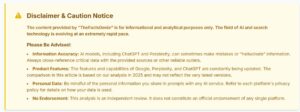




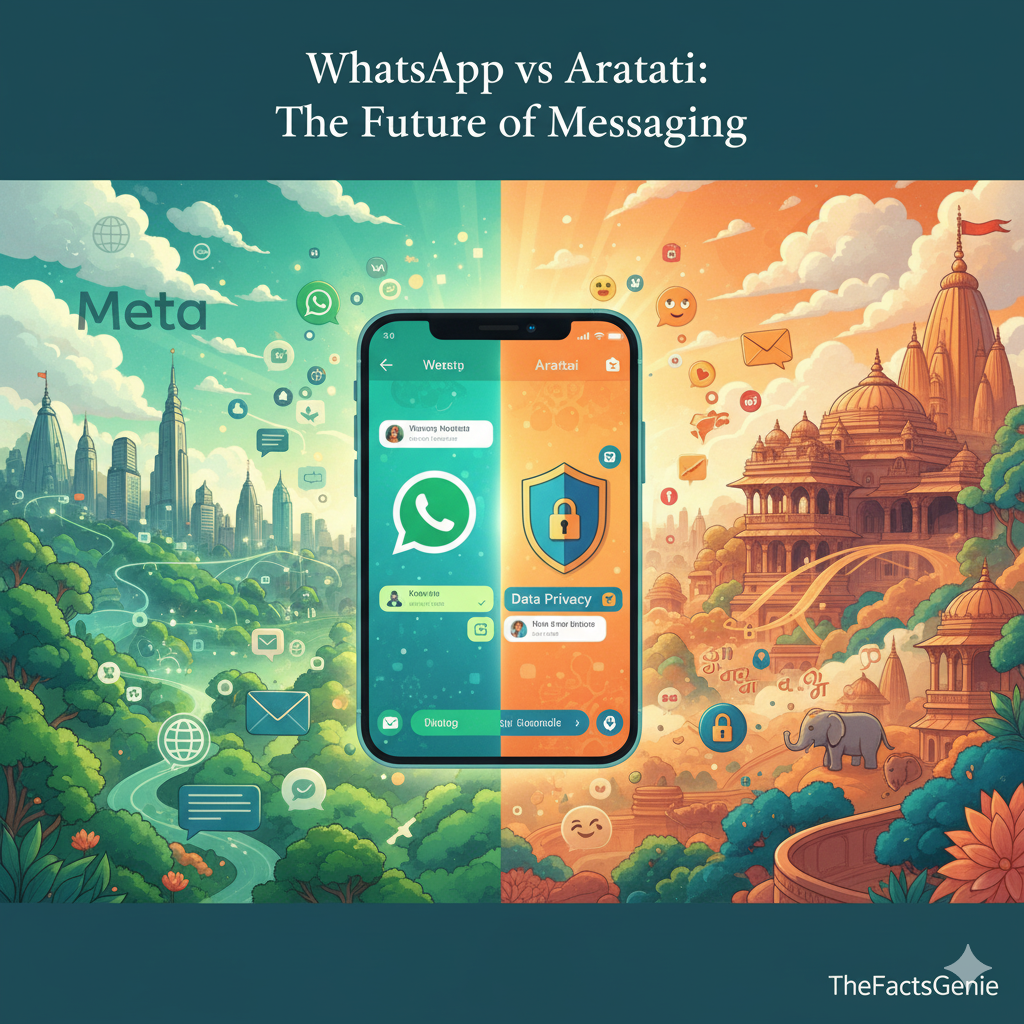
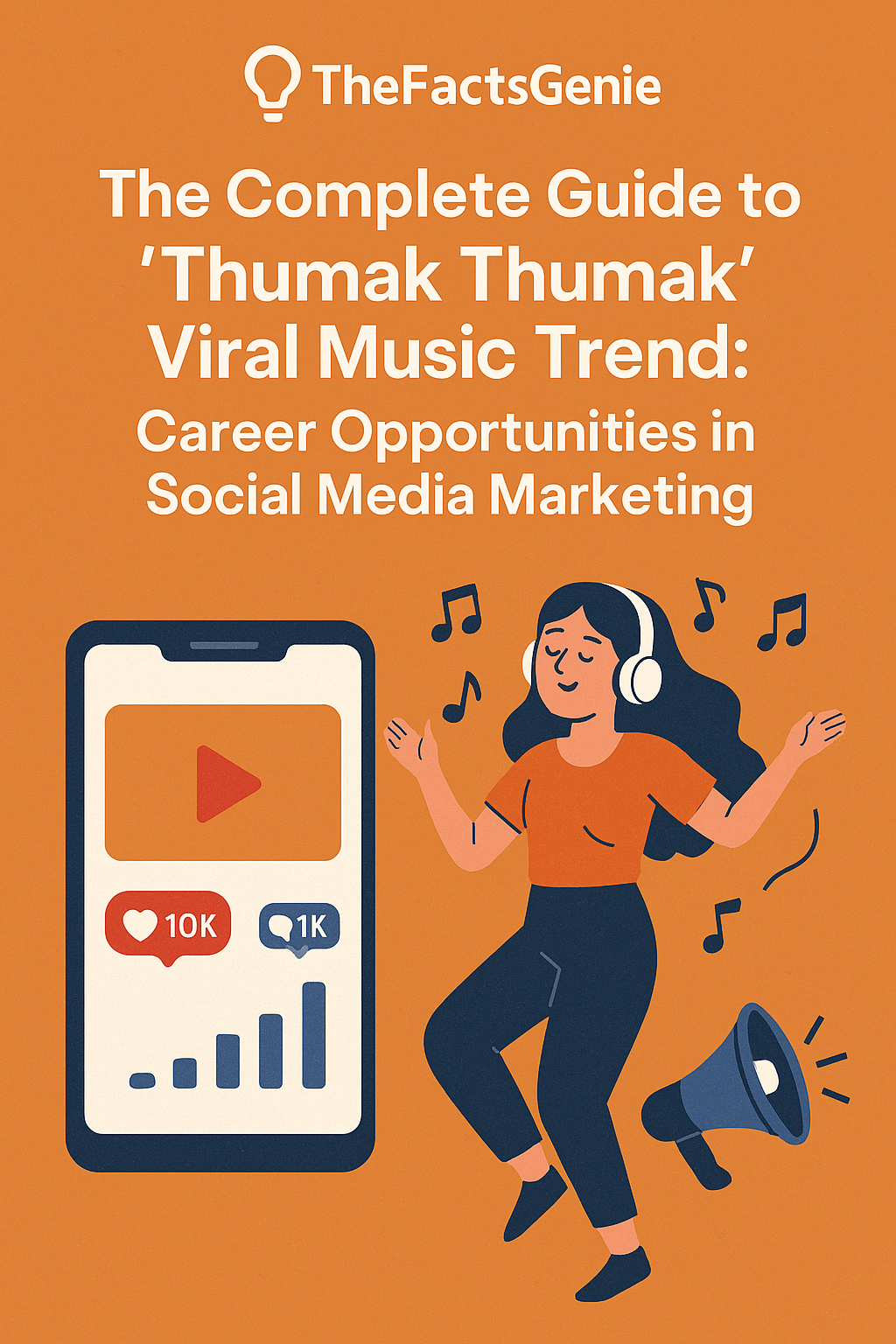

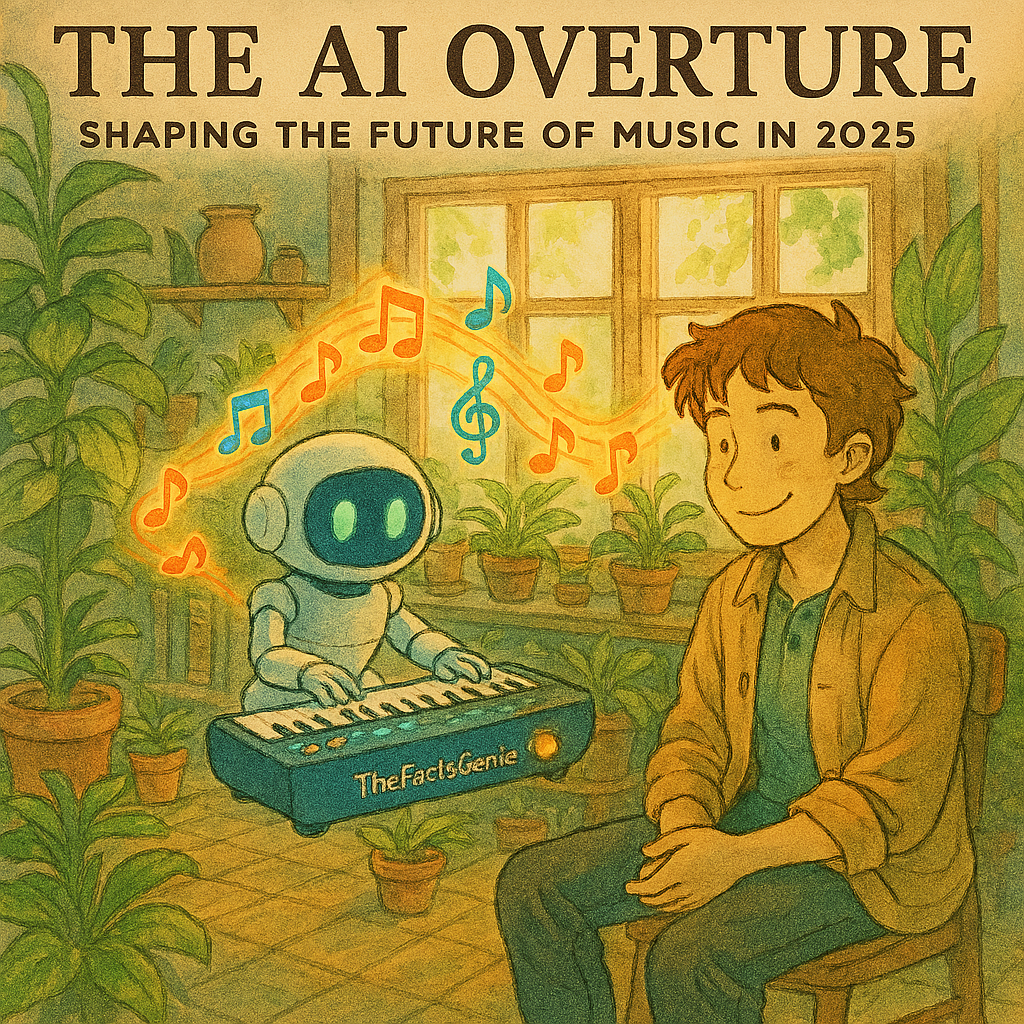
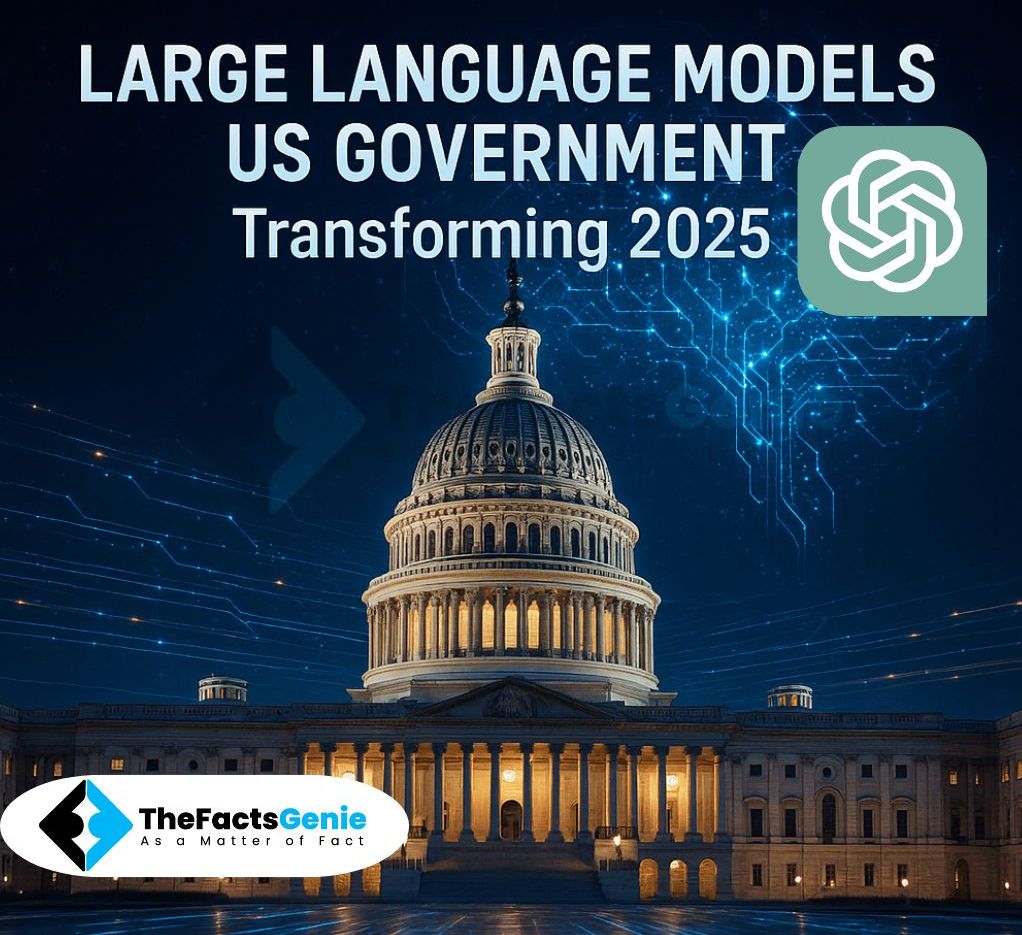
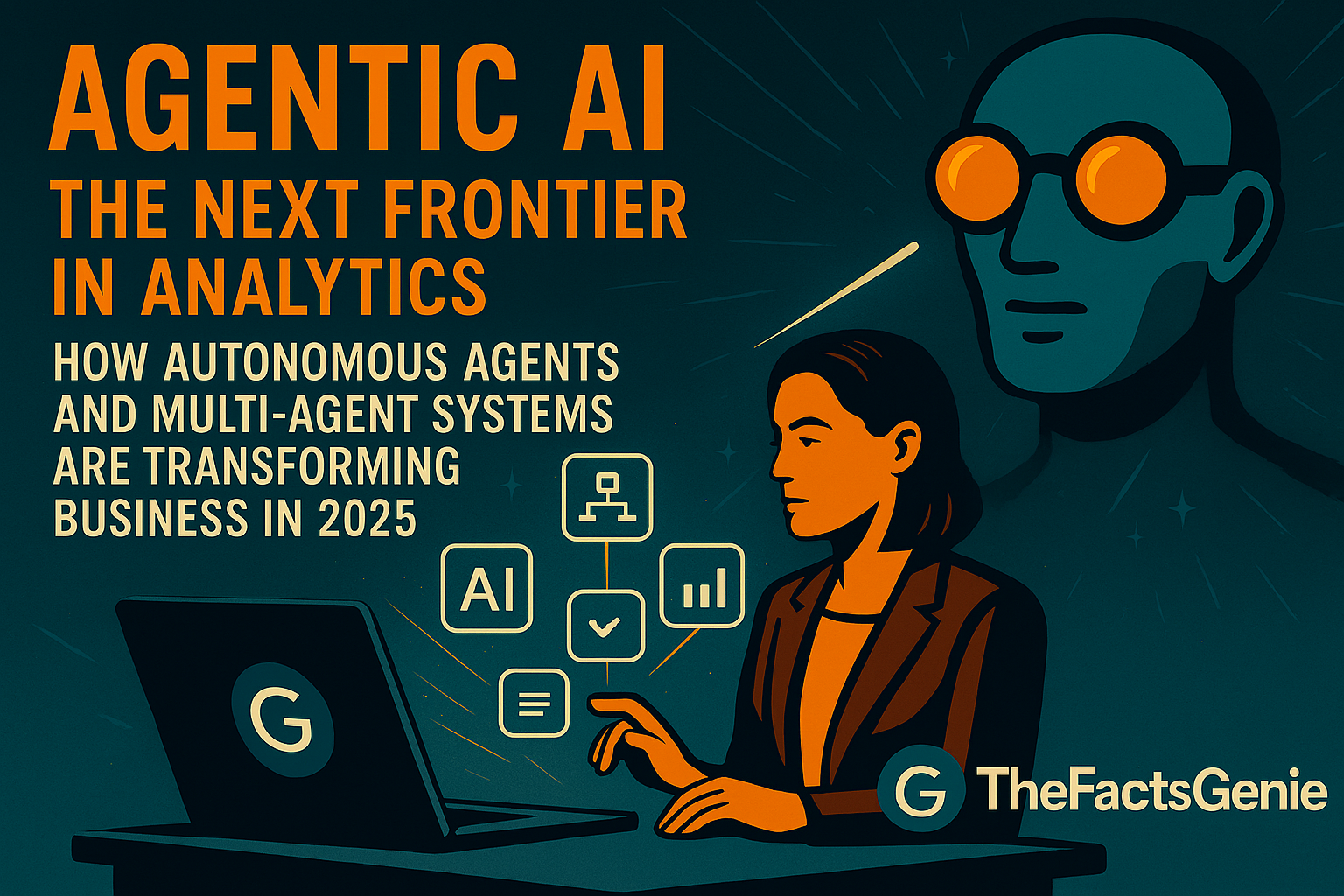




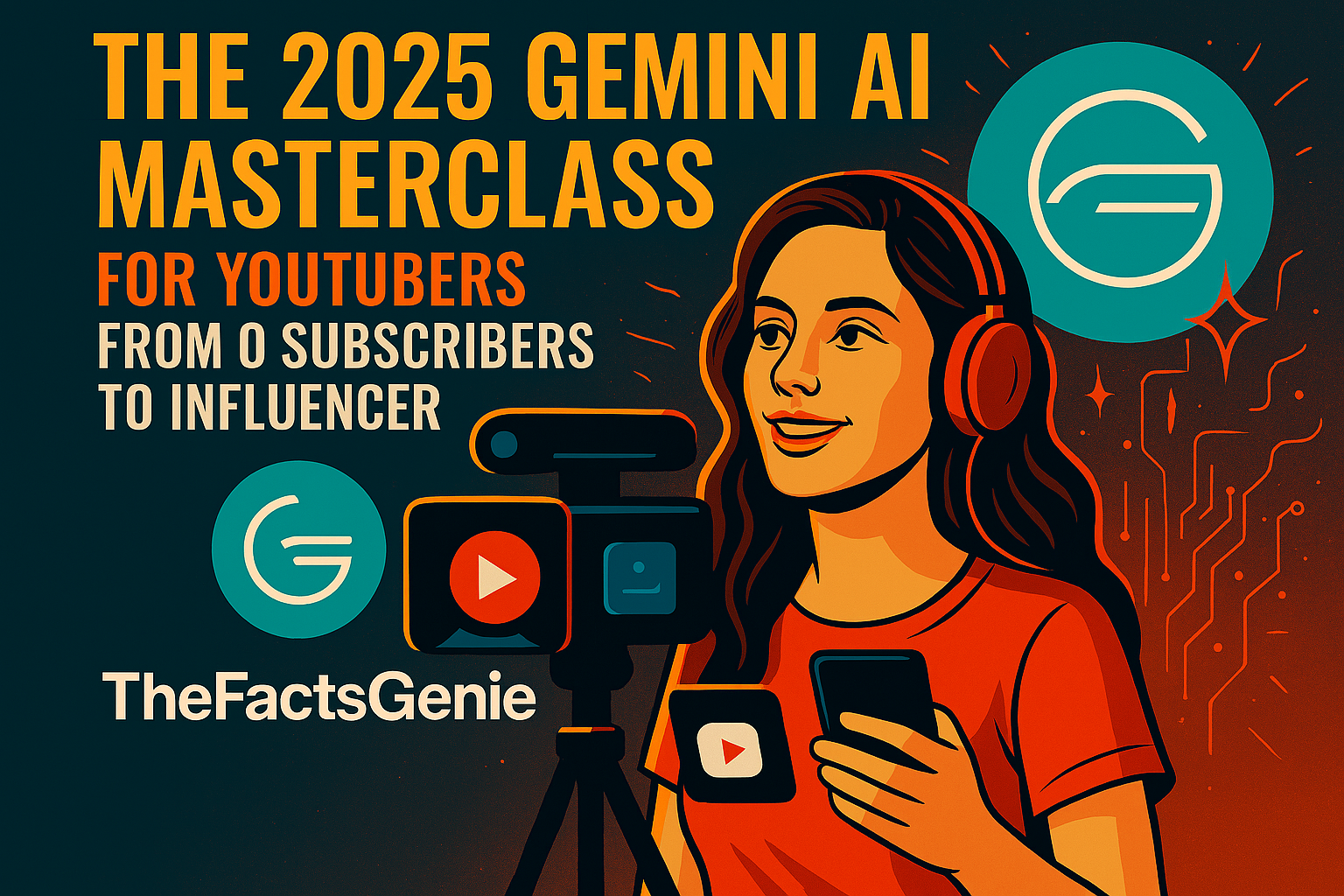
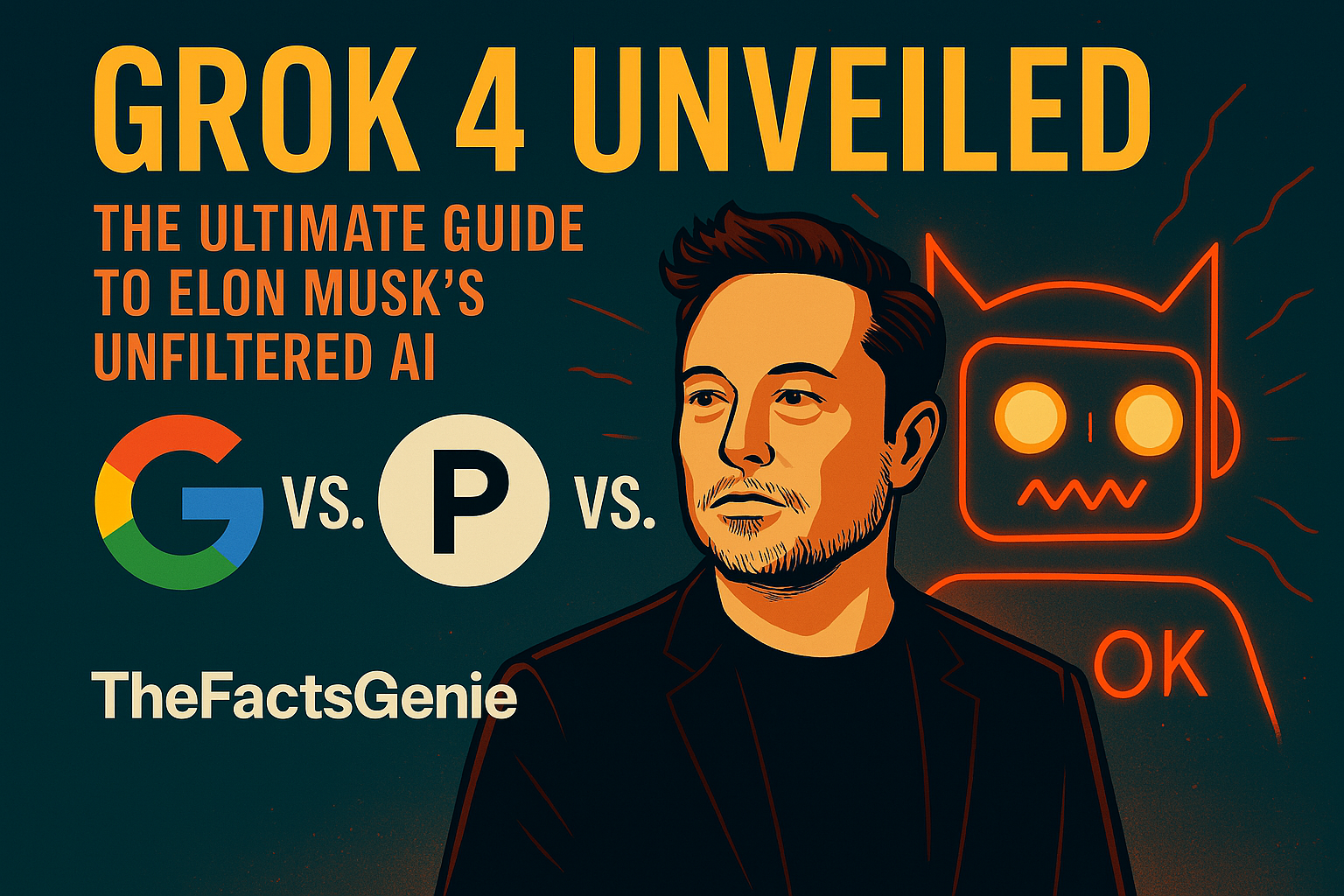

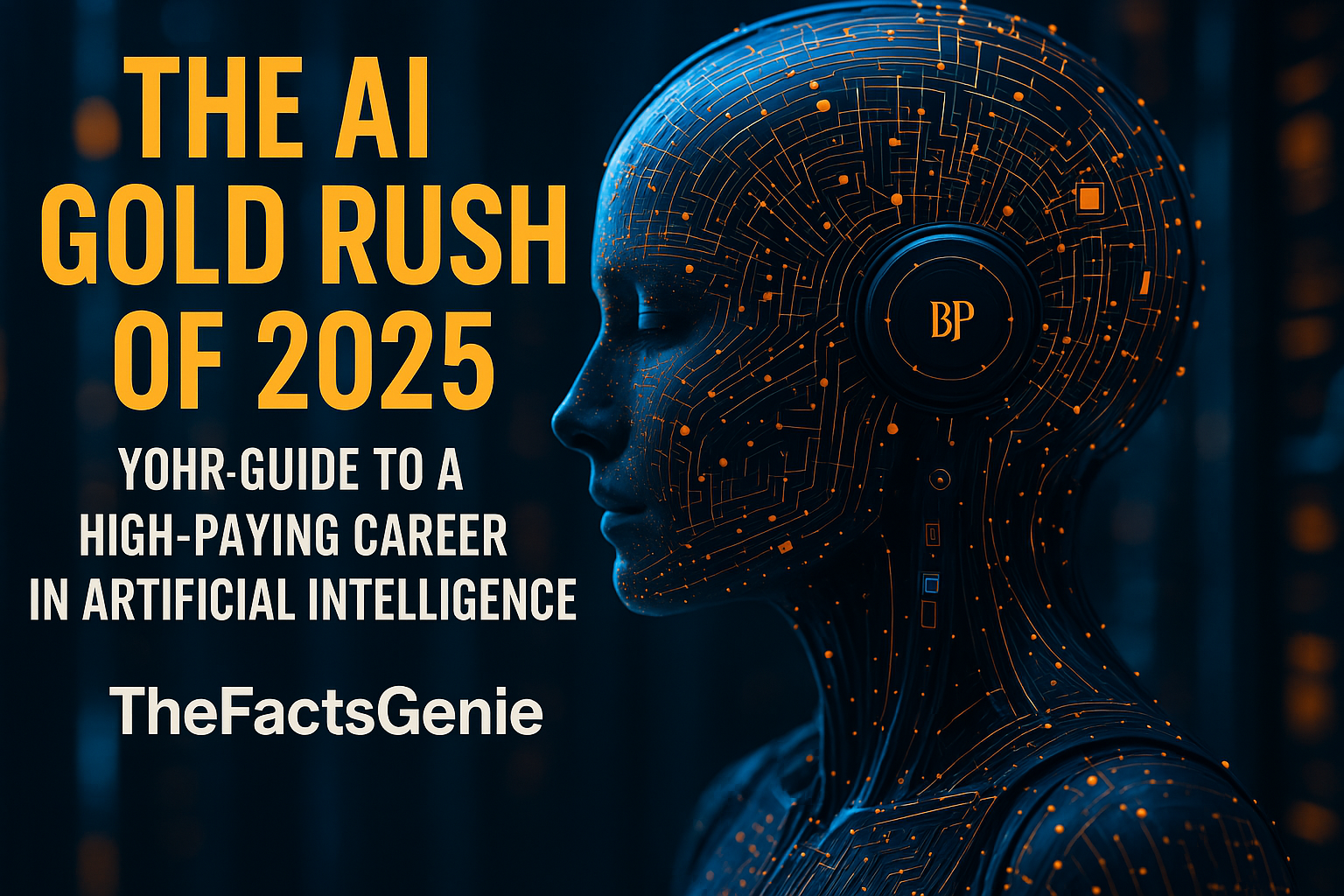



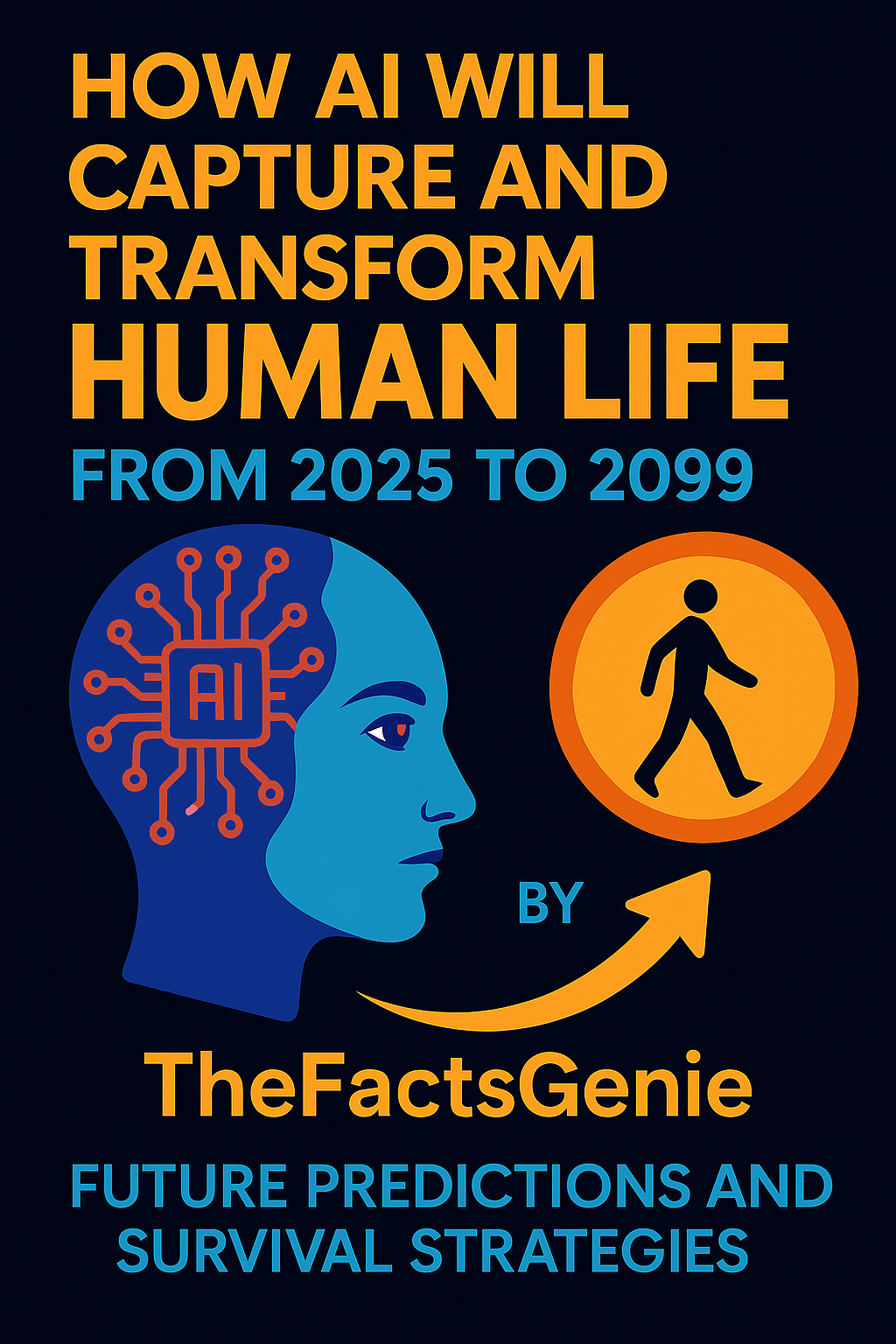
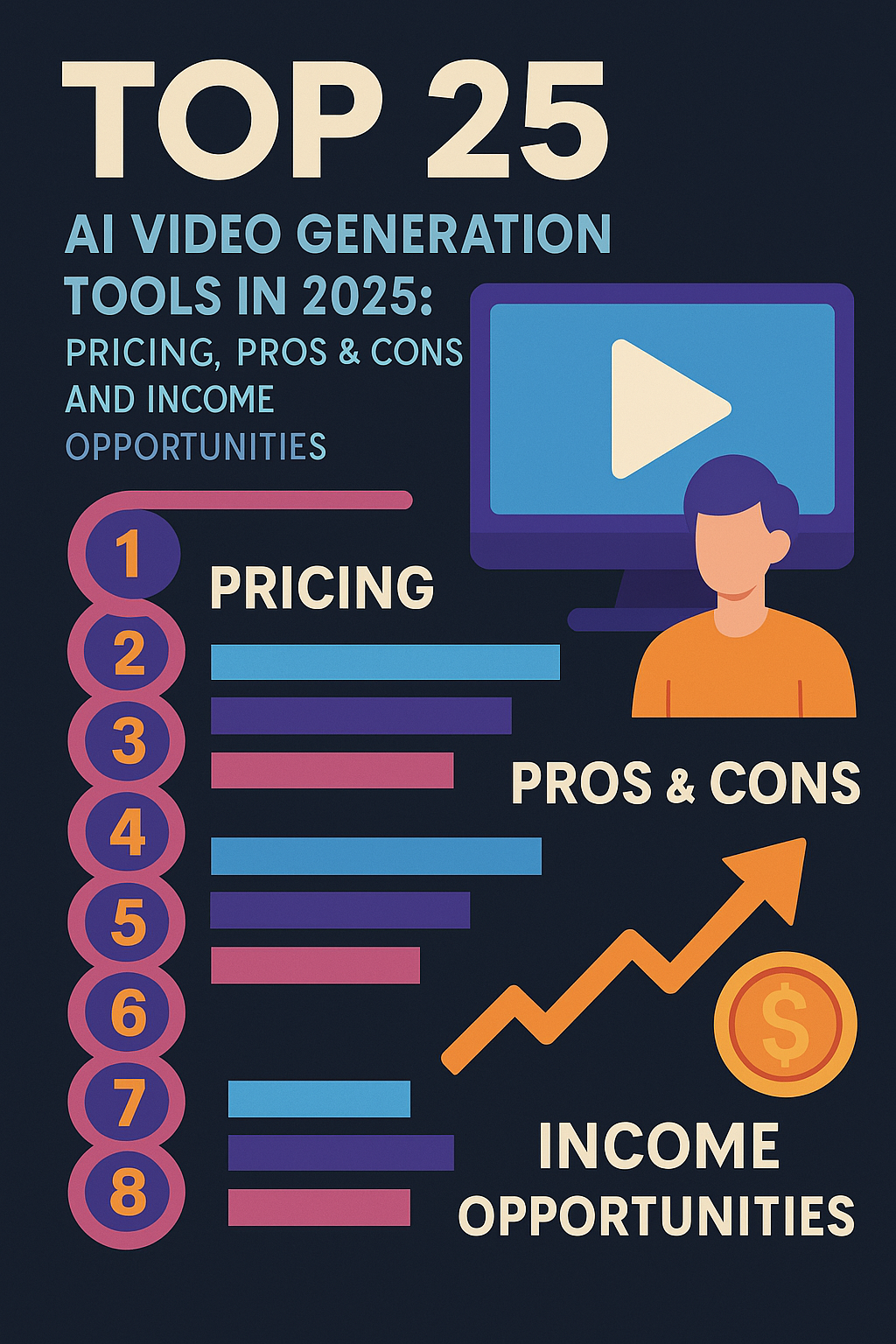
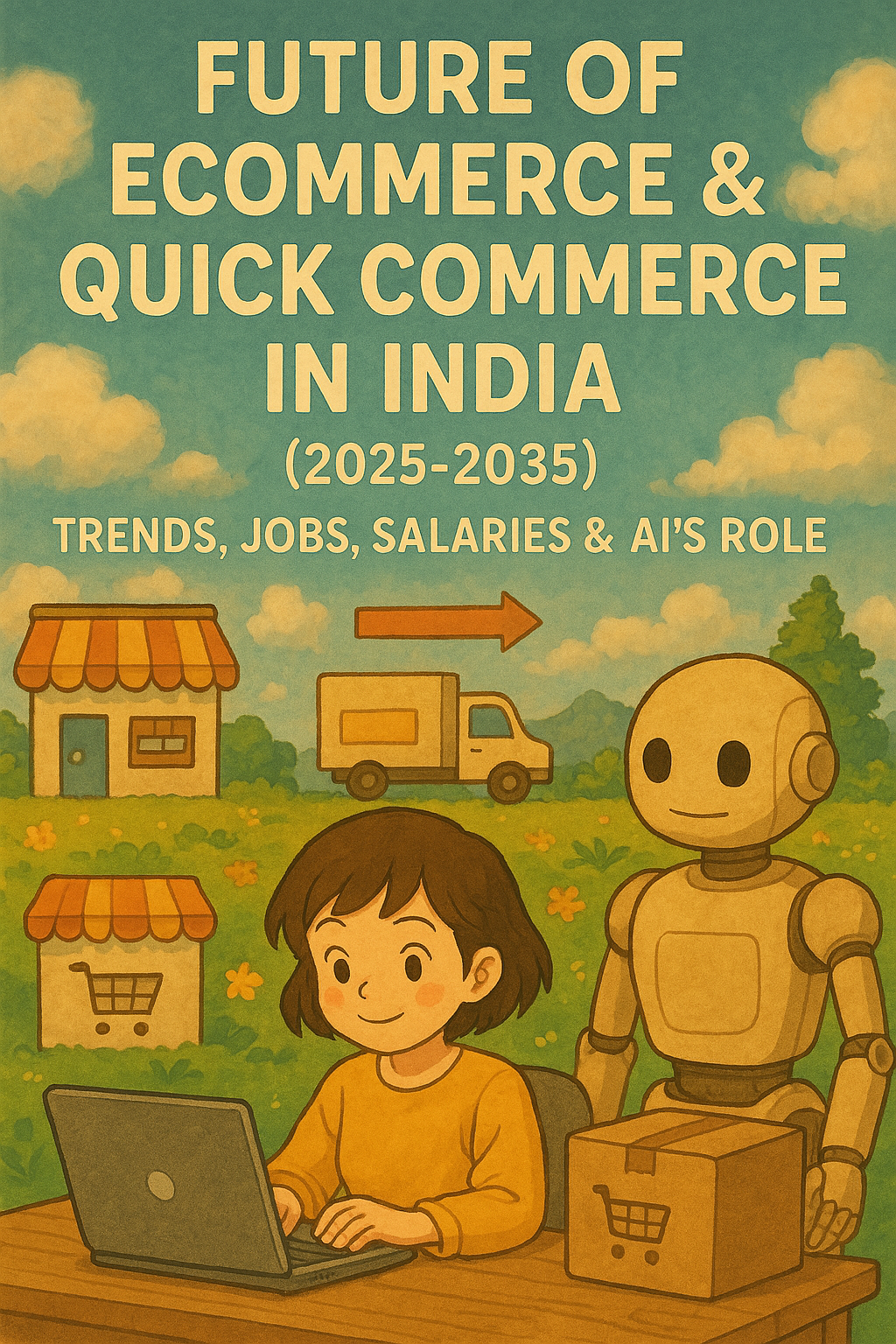








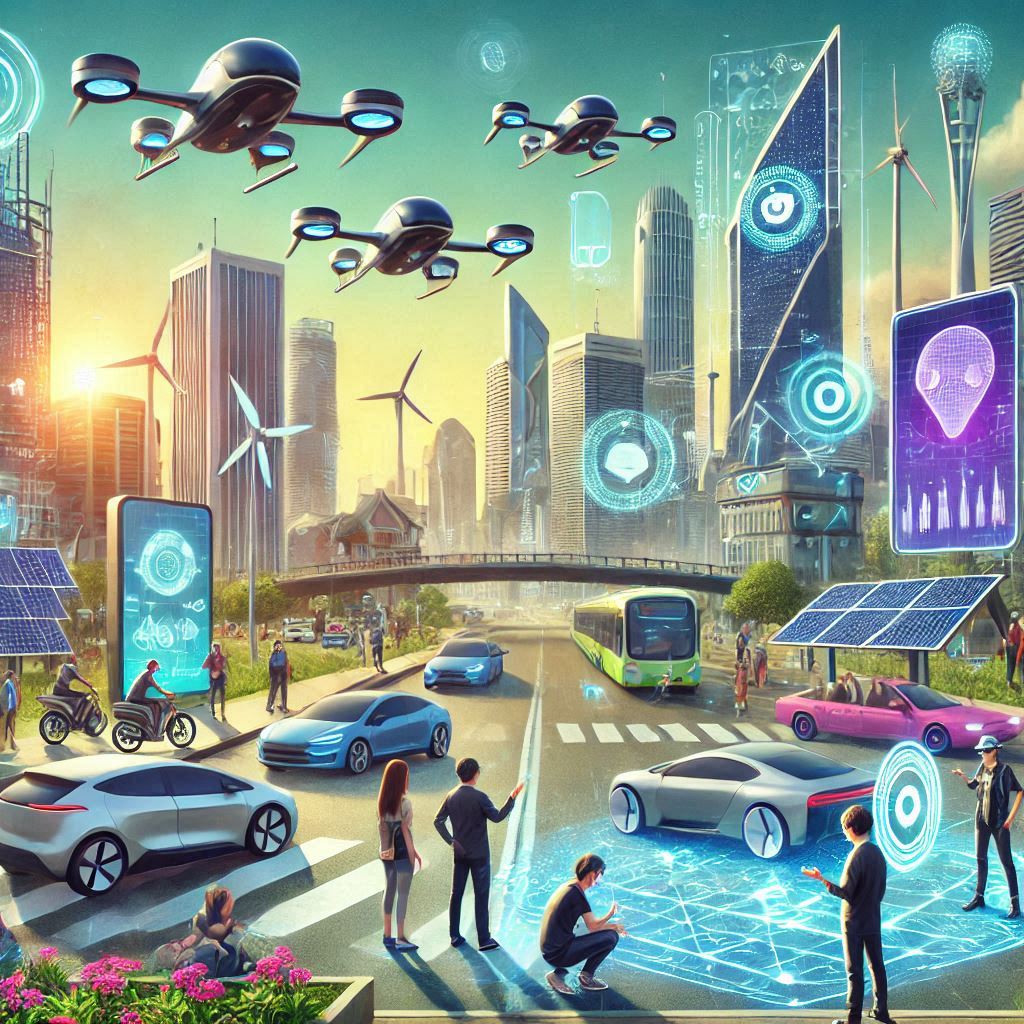
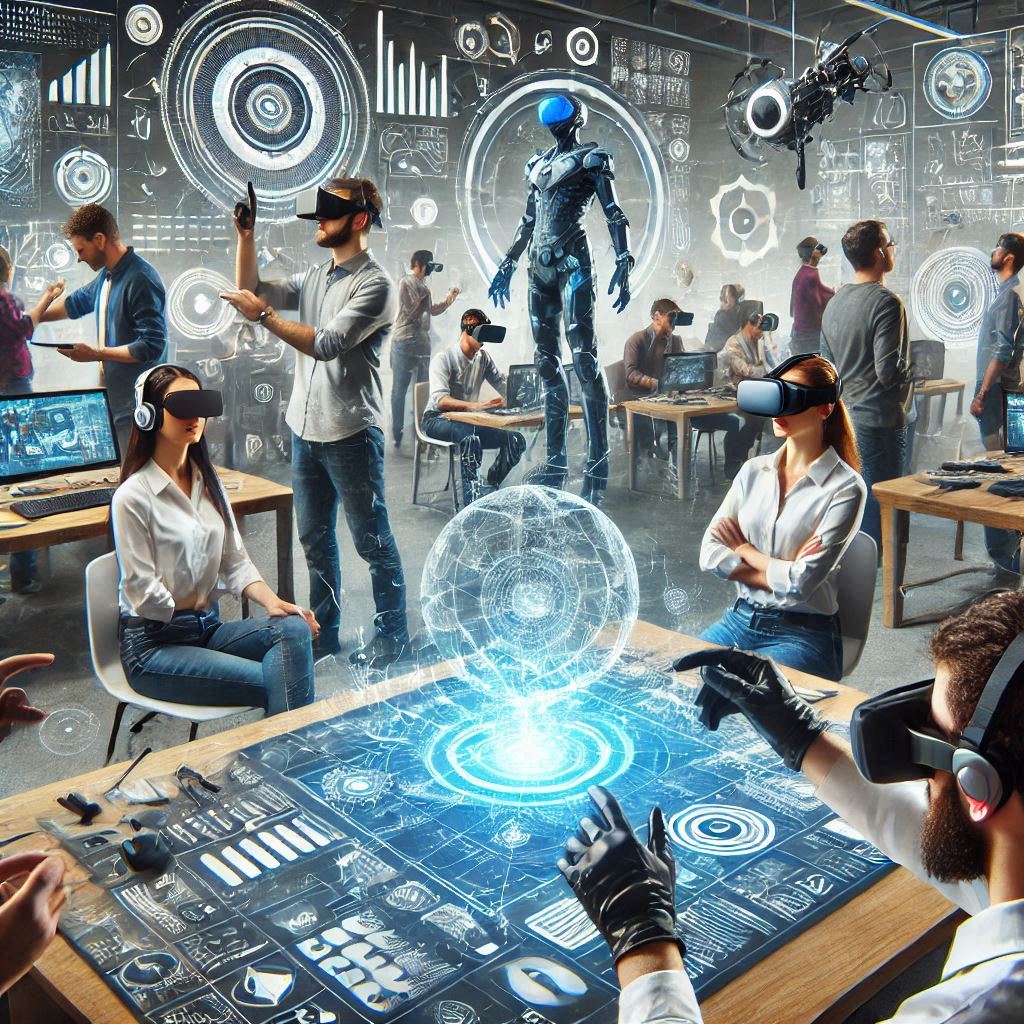












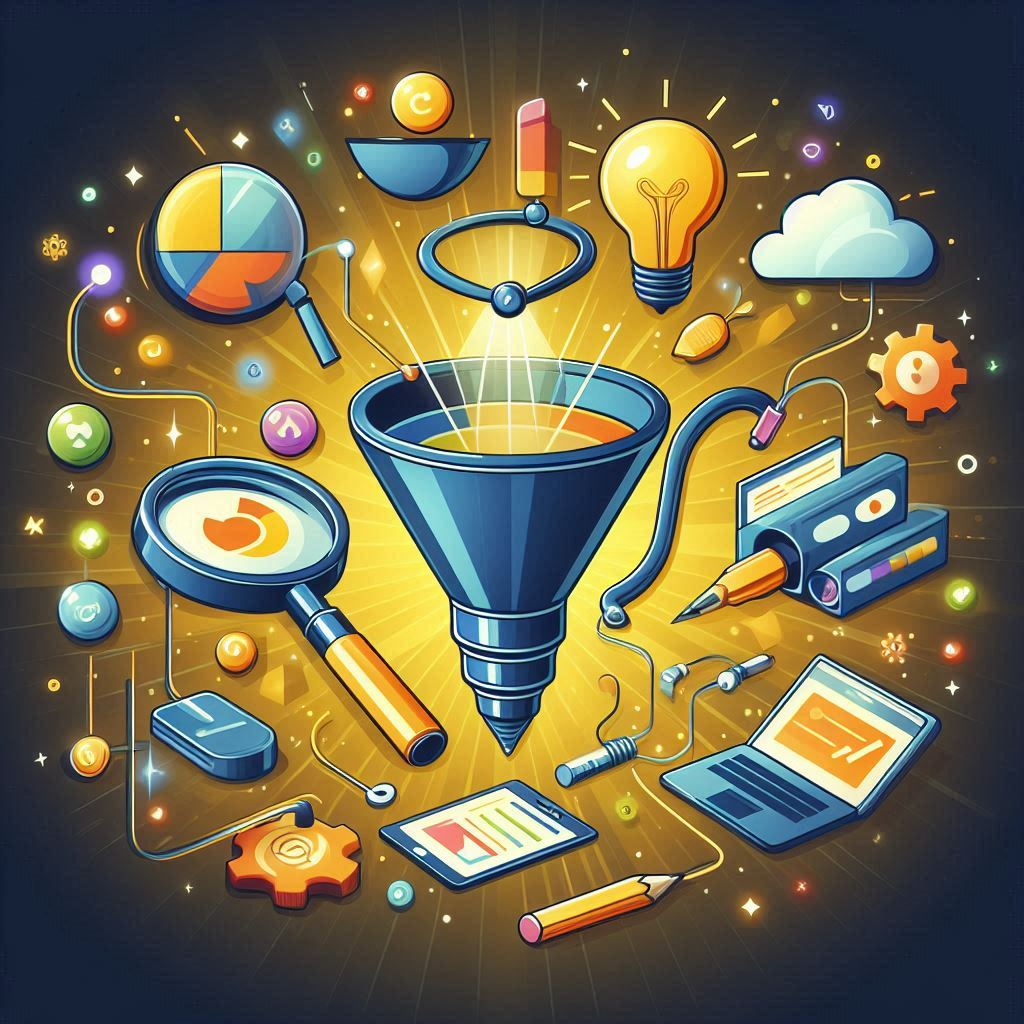

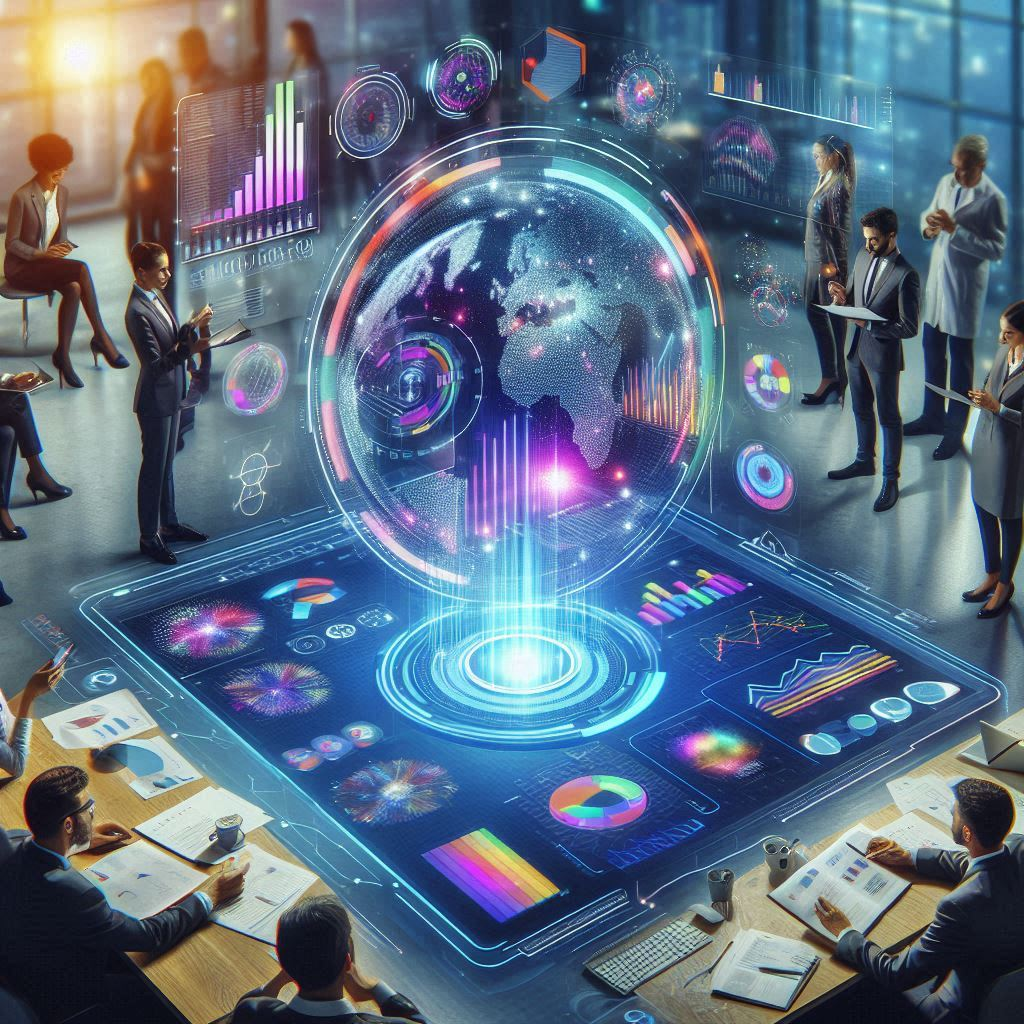
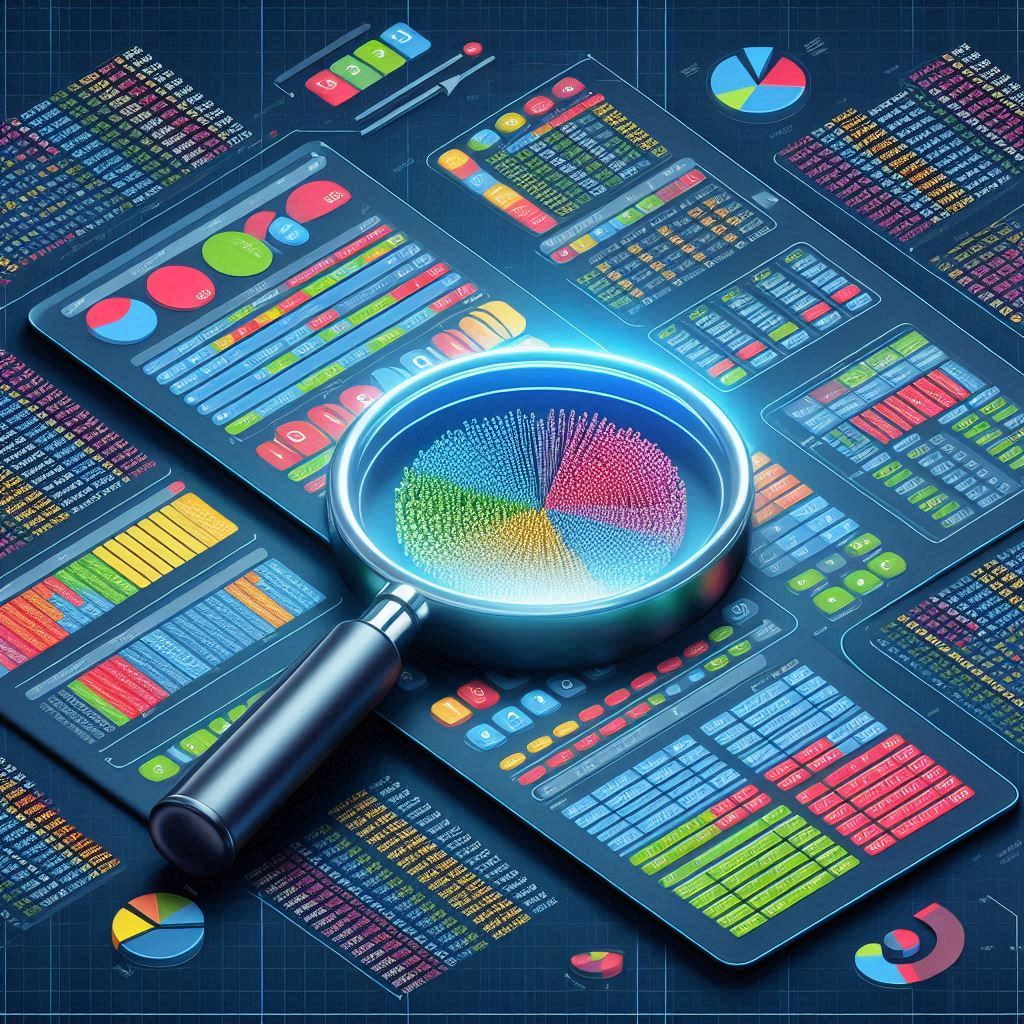
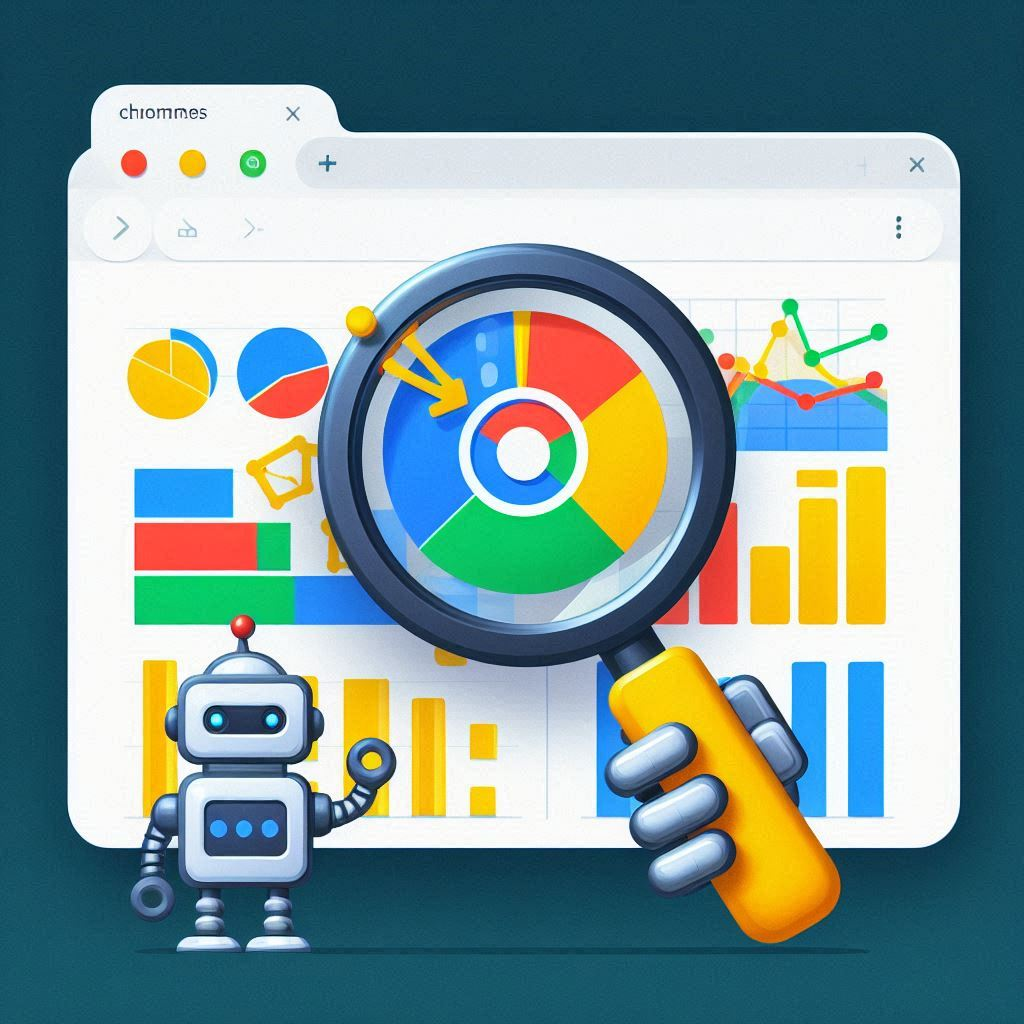
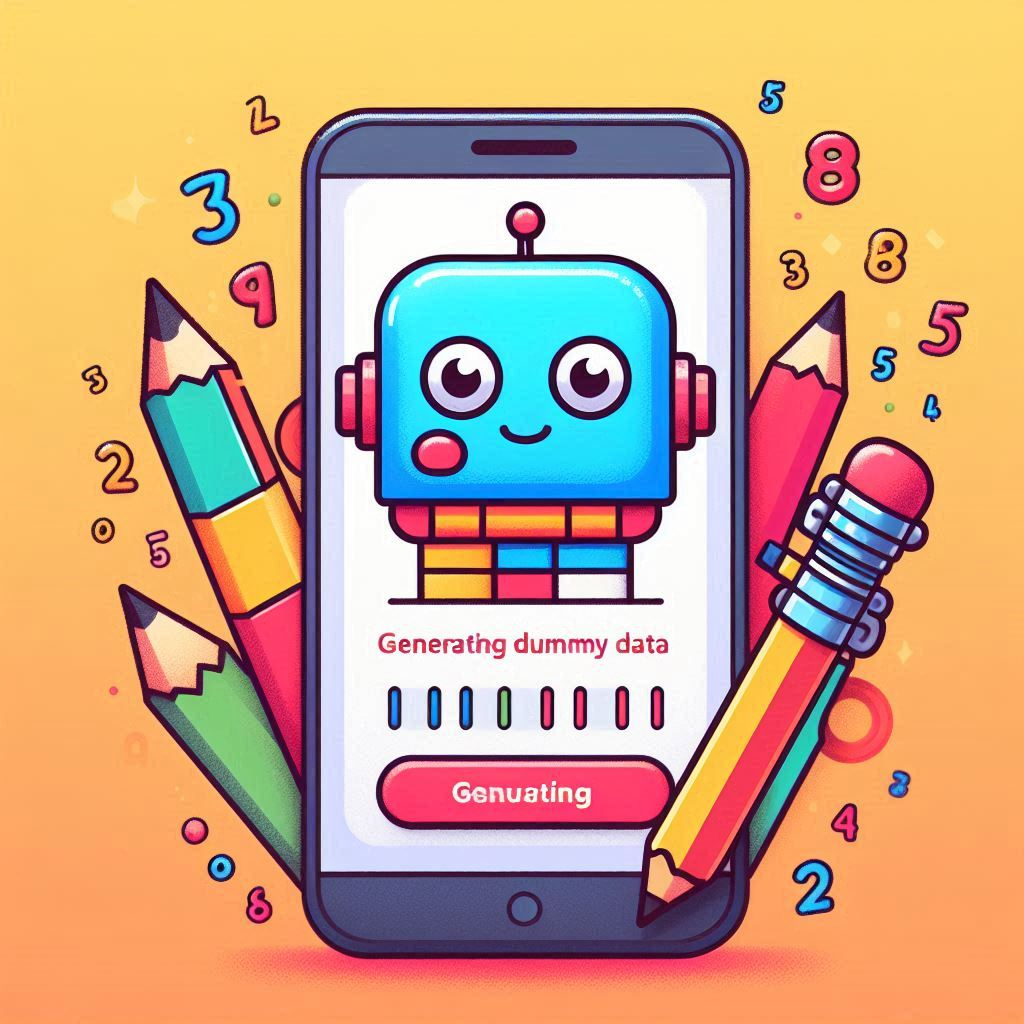
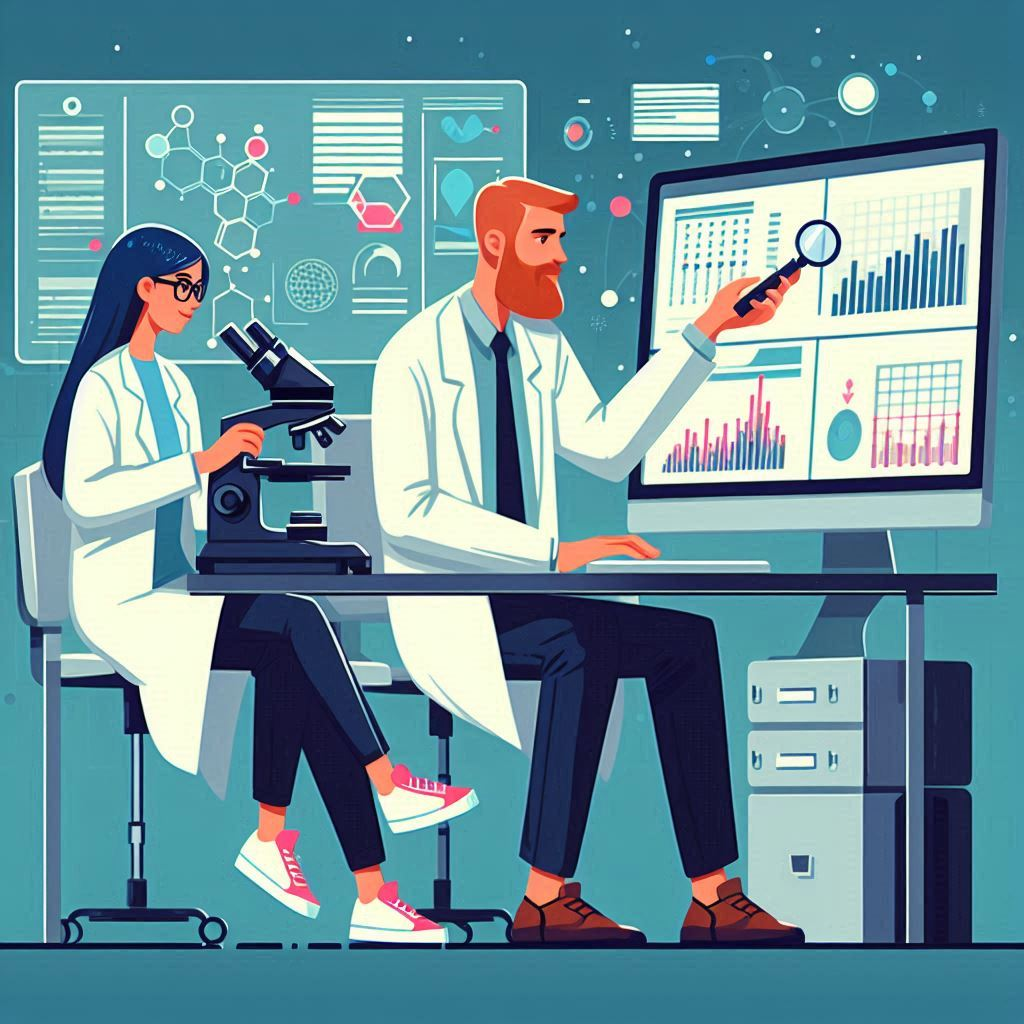


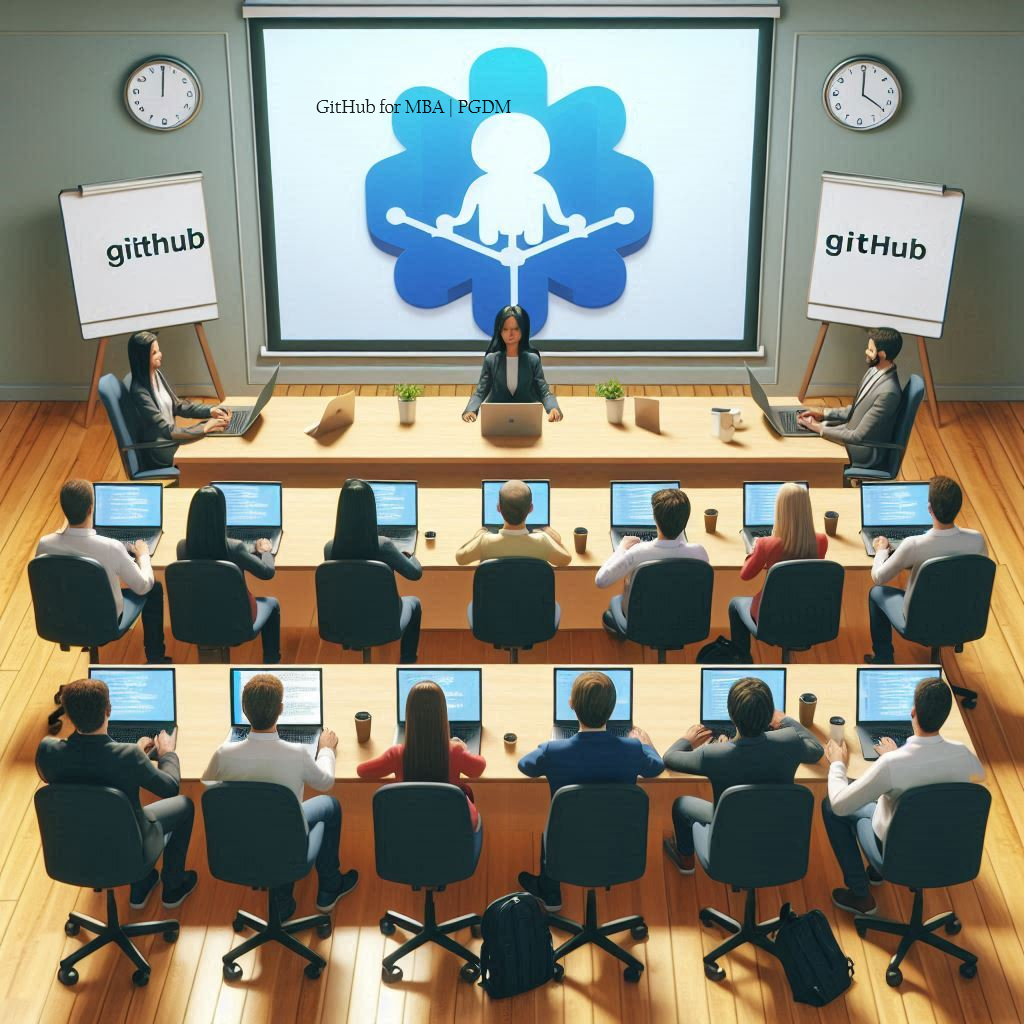

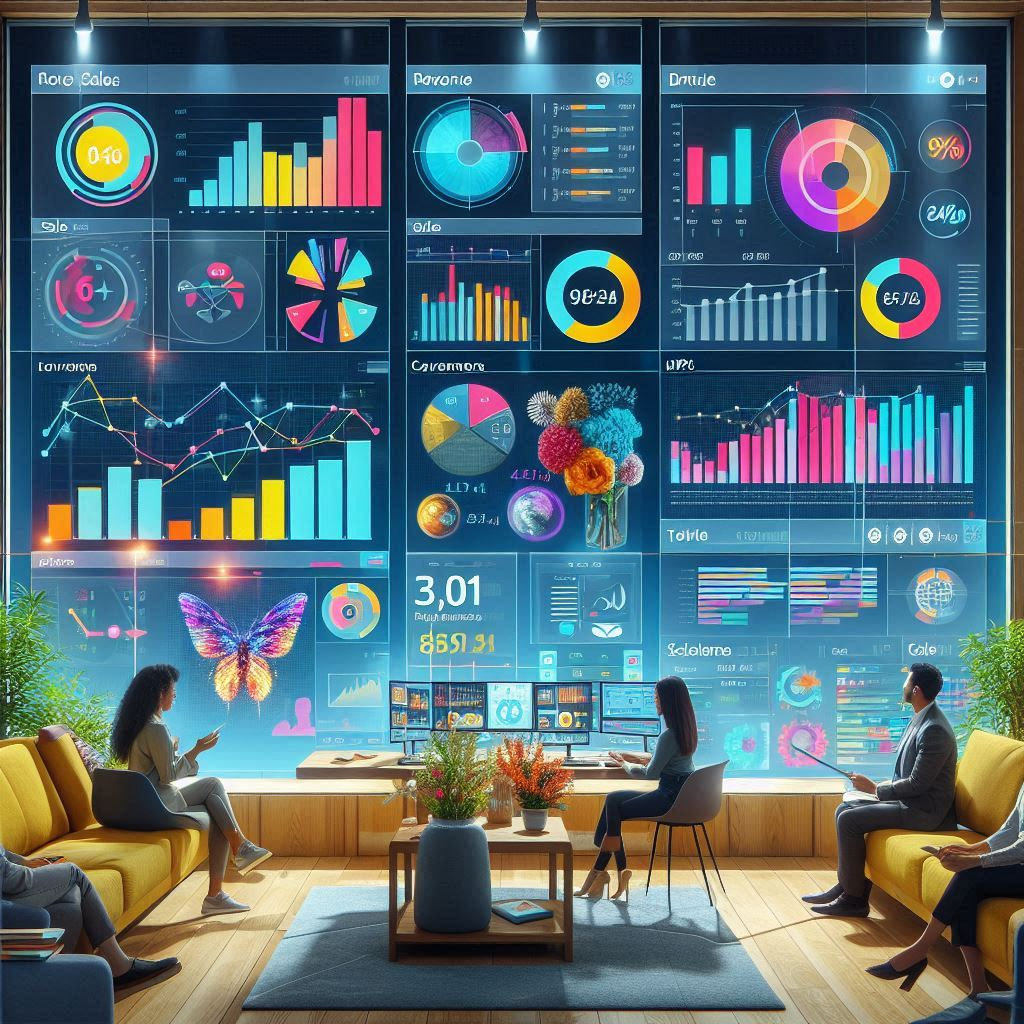
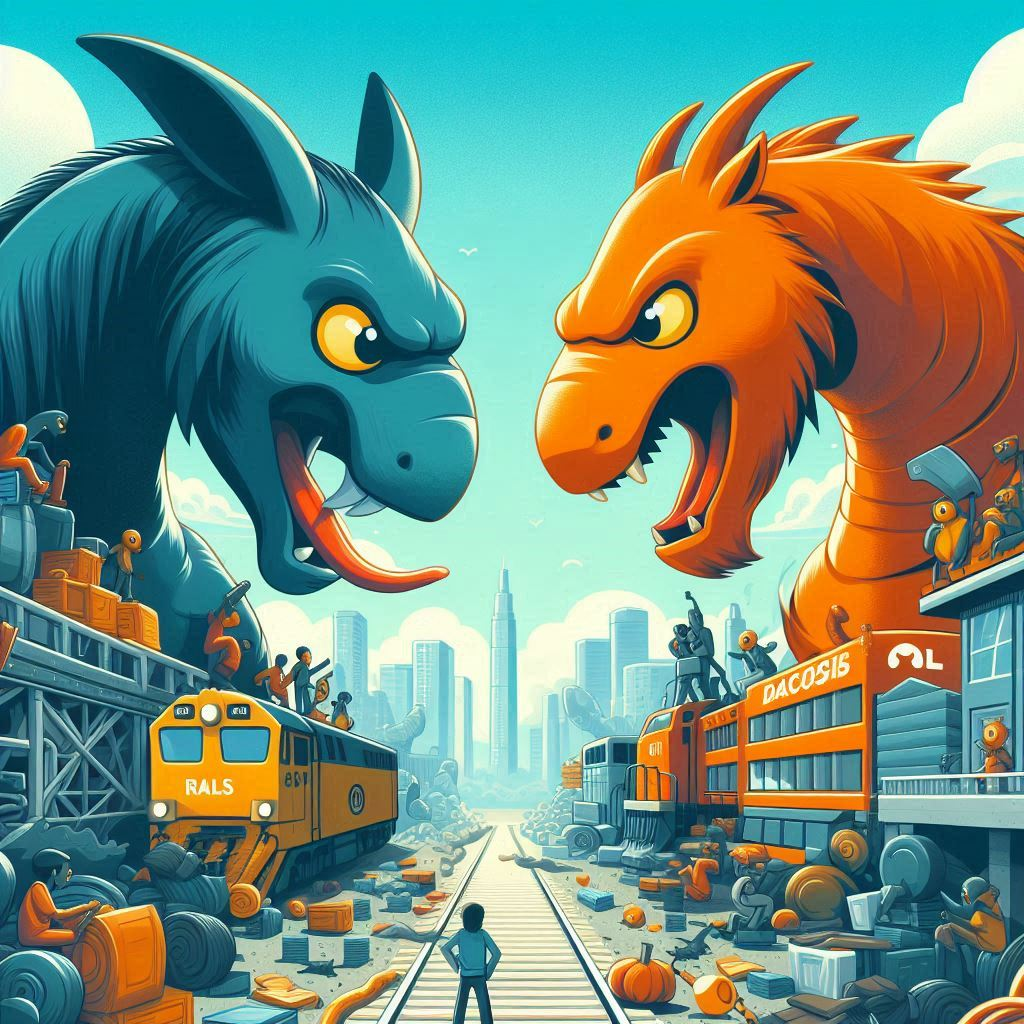
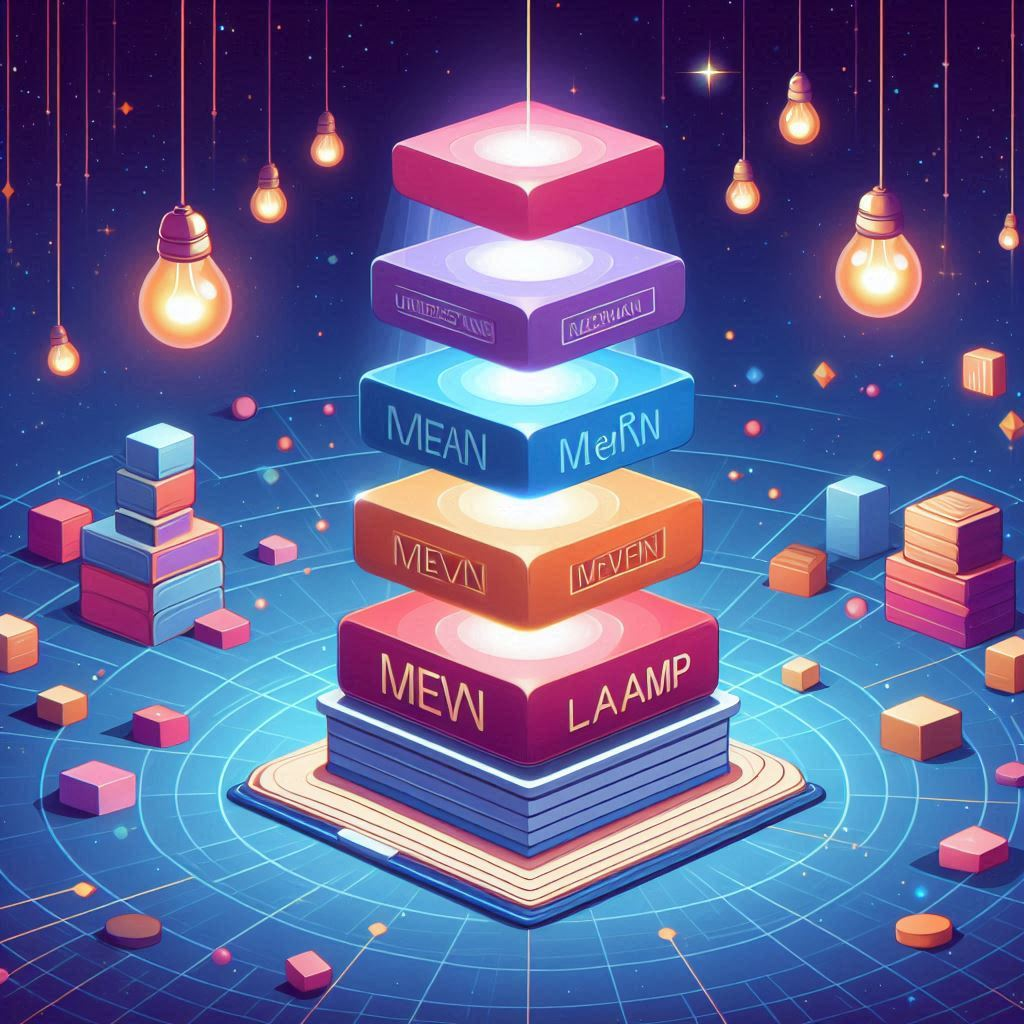





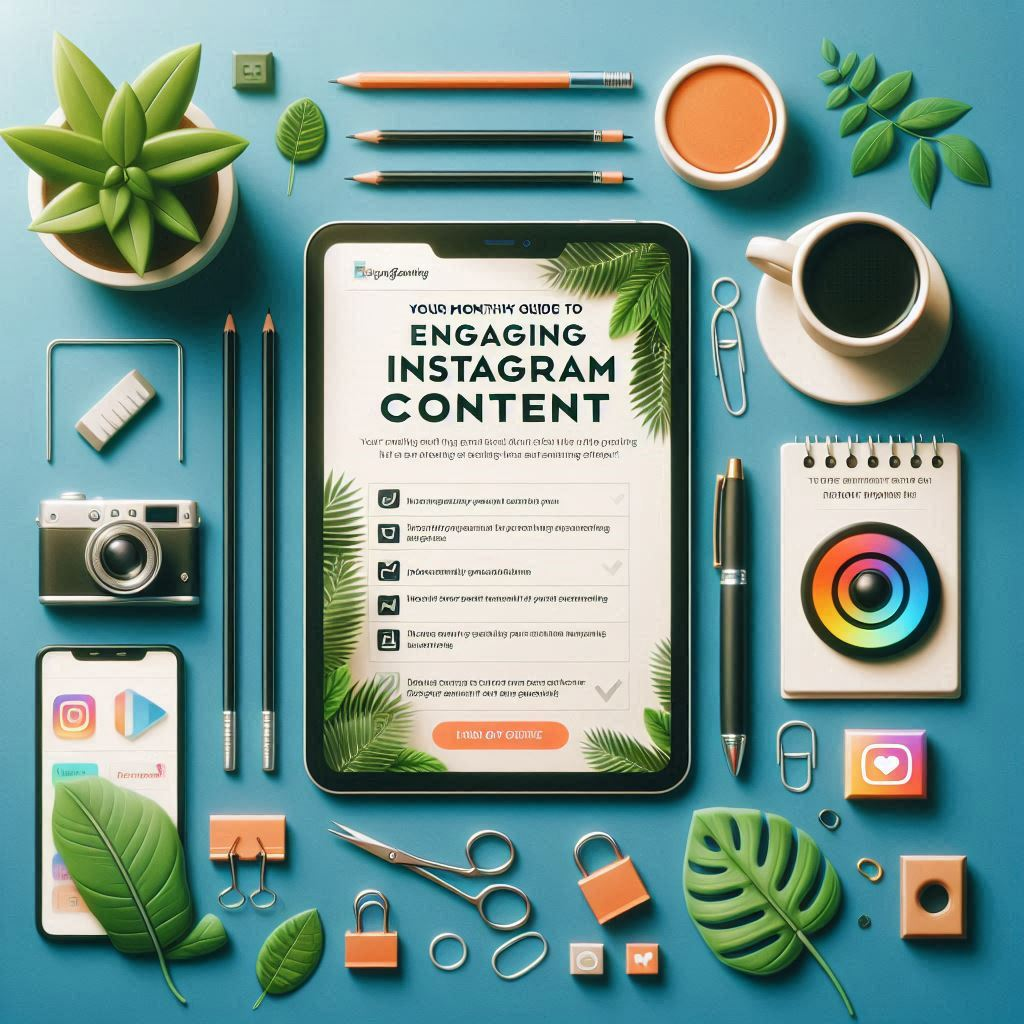
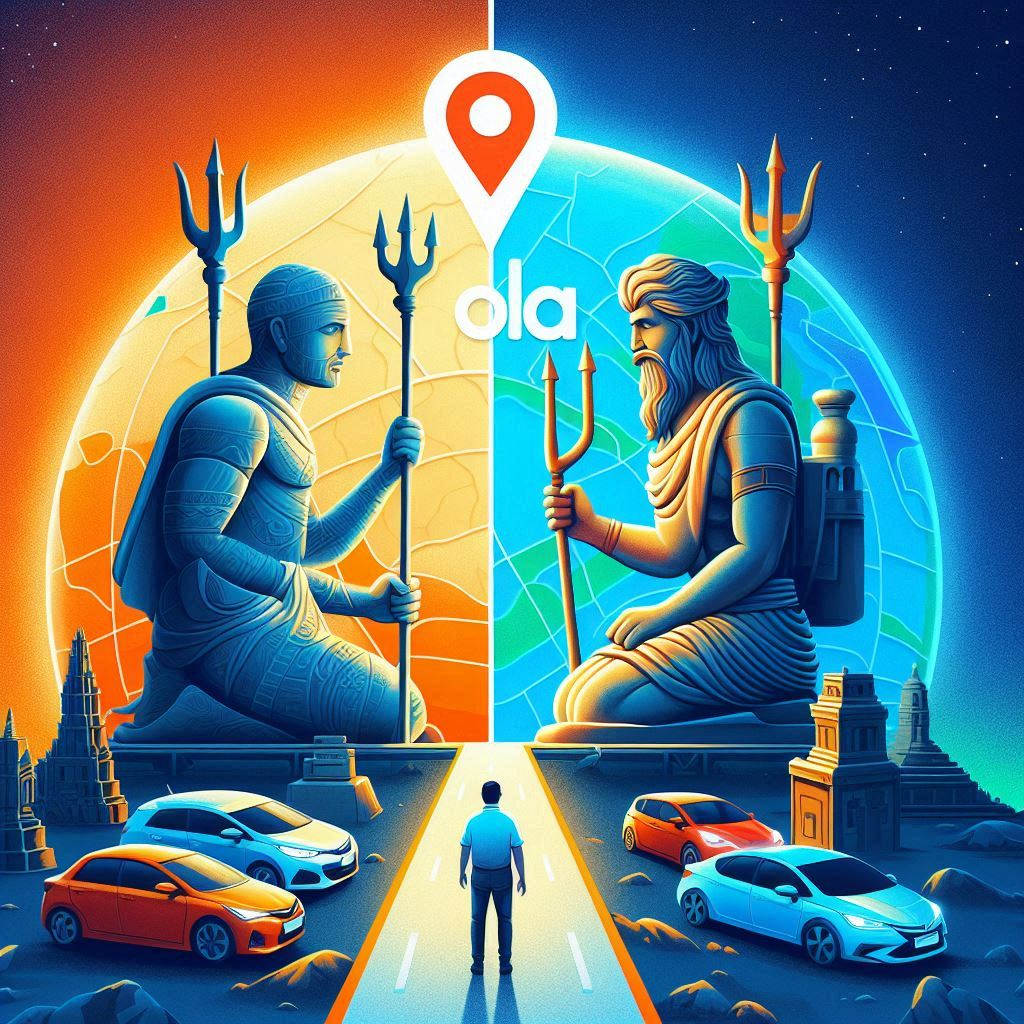


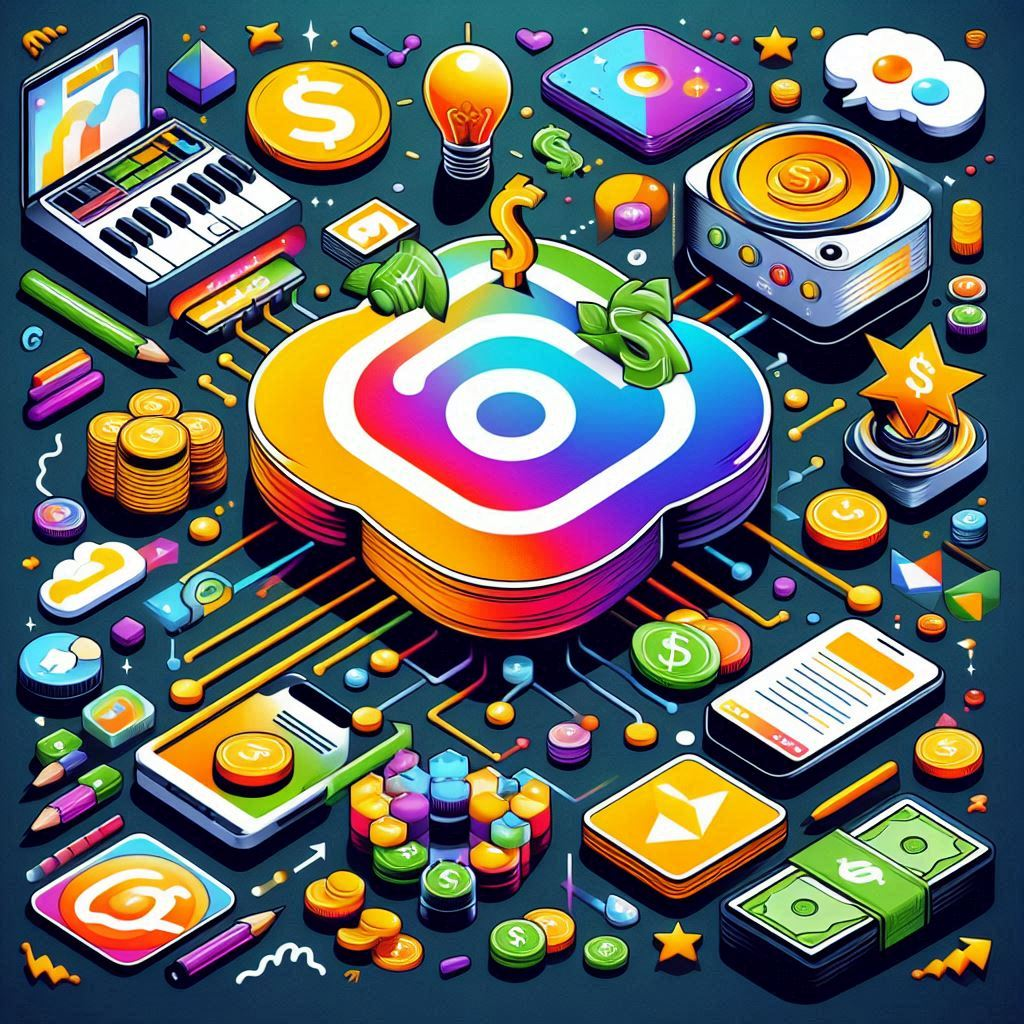
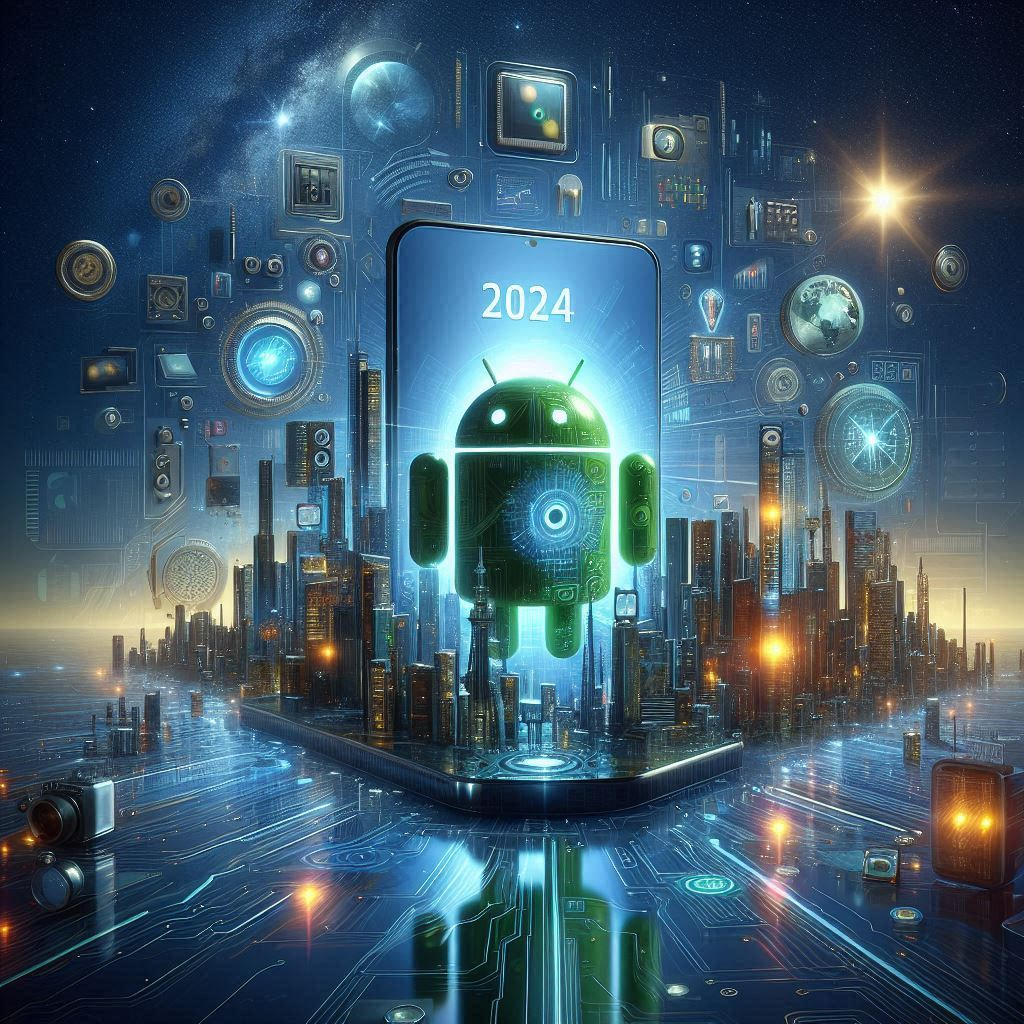



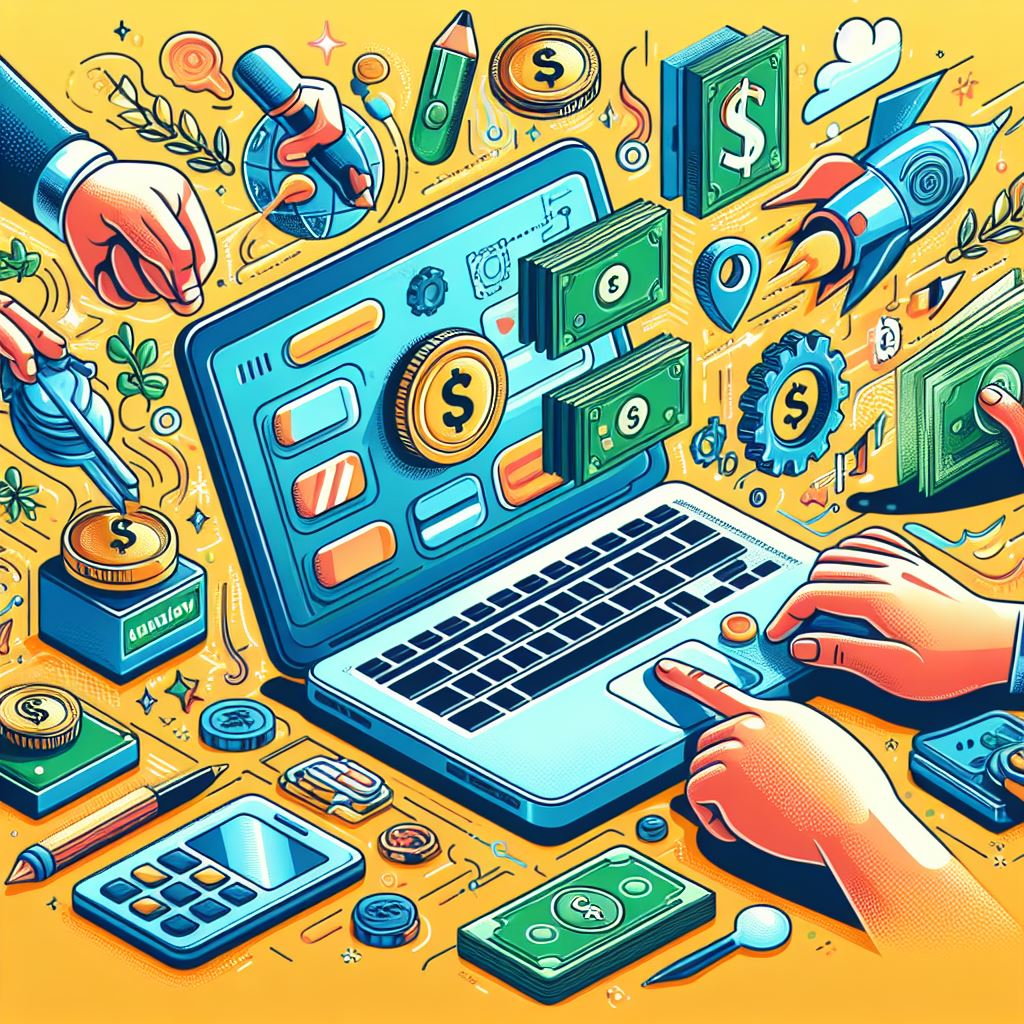








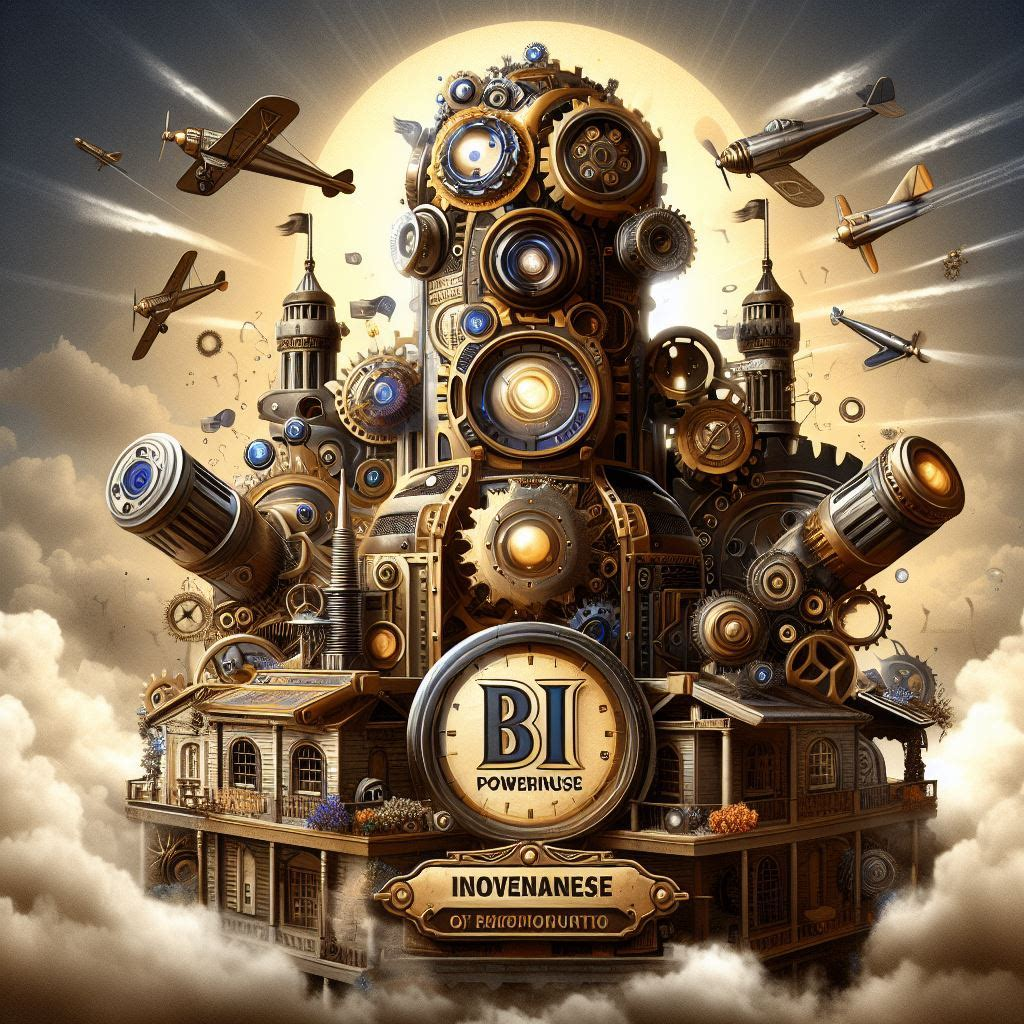



















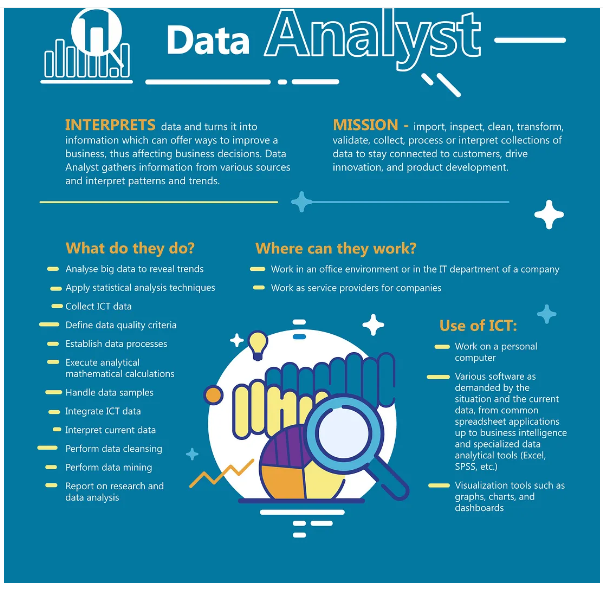

















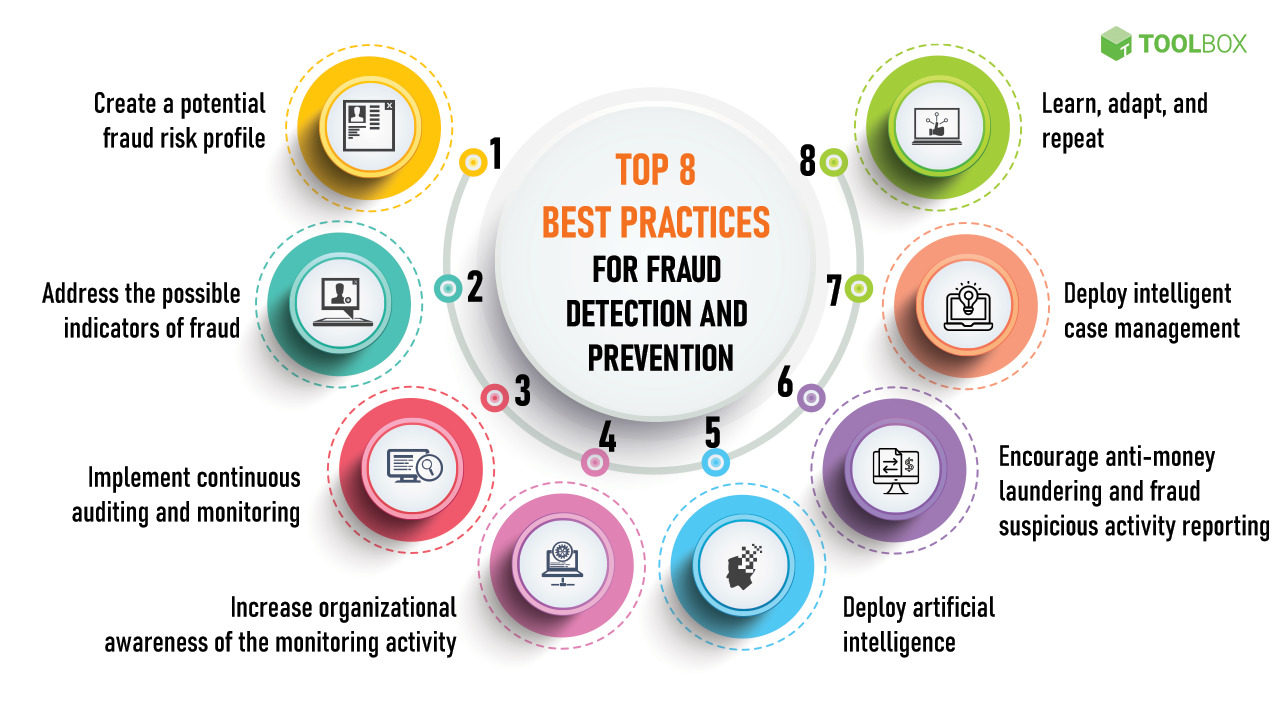


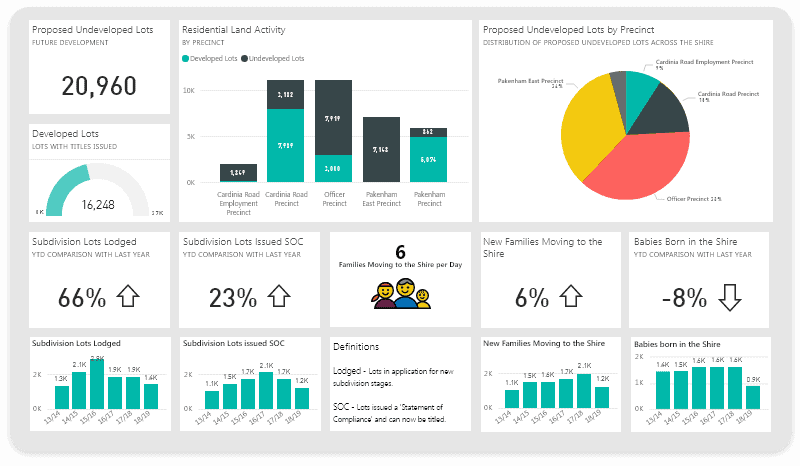
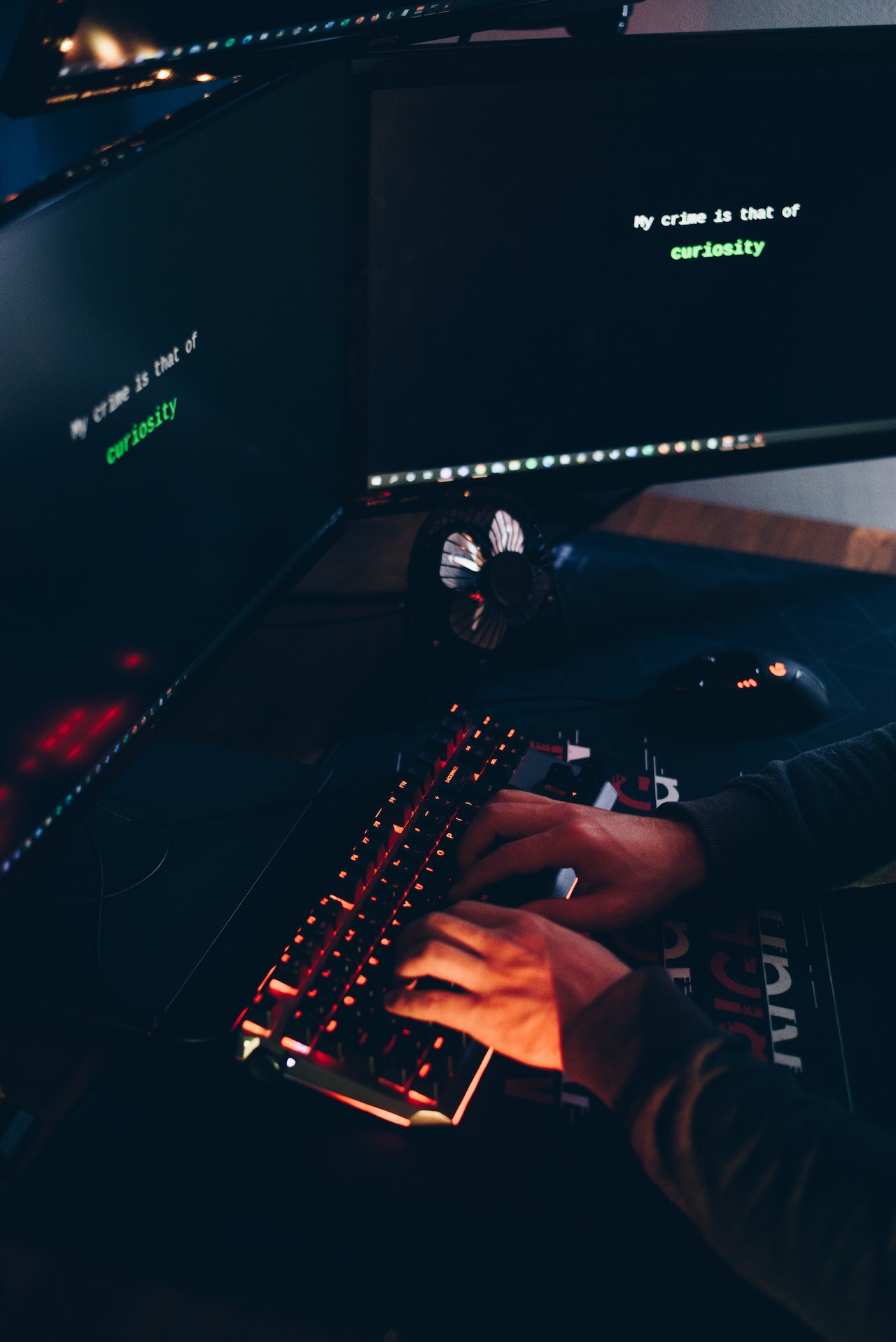























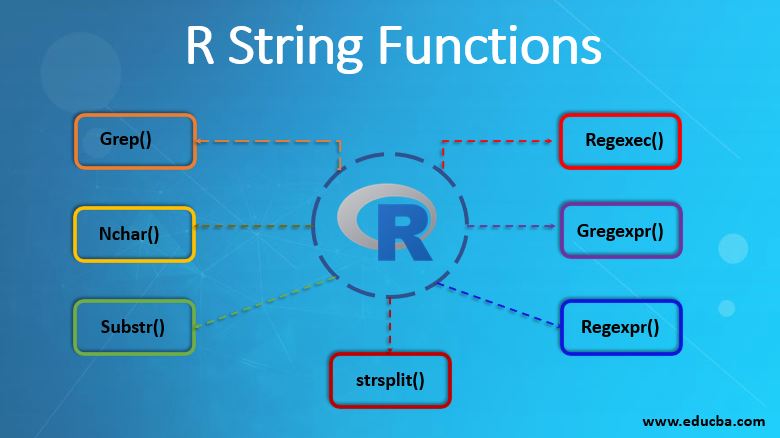



Your blog is a testament to your expertise and dedication to your craft. I’m constantly impressed by the depth of your knowledge and the clarity of your explanations. Keep up the amazing work!
Thanking you for your Valuable insights and Appreciation.
Thank you for the good writeup It in fact was a amusement account it Look advanced to far added agreeable from you However how could we communicate. Keep writing such a interesting blogs, i request also please give an opportunity to write such kind of interesting blogs i am very good writer and listener i am very eagerly waiting for you to publish my article in this blog website, awaiting for reply
surely will give the opportunity for sharing mutual knowledge. Thanking you for heartful insights
What i do not realize is in fact how you are no longer actually much more wellfavored than you might be right now Youre very intelligent You recognize thus considerably in relation to this topic made me in my view believe it from numerous numerous angles Its like men and women are not fascinated until it is one thing to do with Lady gaga Your own stuffs excellent All the time handle it up
Thanking you for your Valuable insights and Appreciation.
Your writing has a way of resonating with me on a deep level. I appreciate the honesty and authenticity you bring to every post. Thank you for sharing your journey with us.
Thanking you for your Valuable insights and Appreciation. That’s awesome
Your blog is a beacon of light in the often murky waters of online content. Your thoughtful analysis and insightful commentary never fail to leave a lasting impression. Keep up the amazing work!
Thanking you for your Valuable insights and Appreciation.